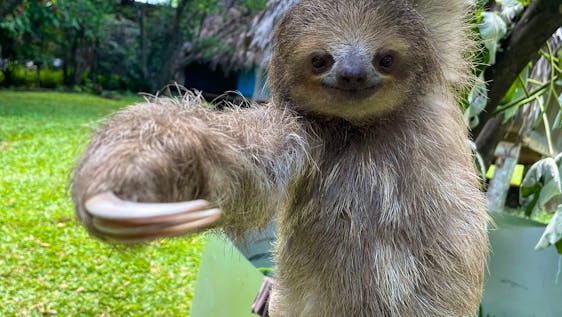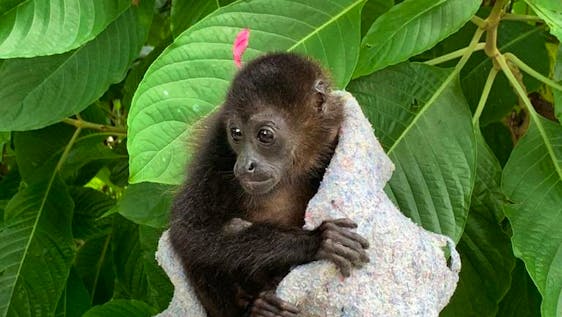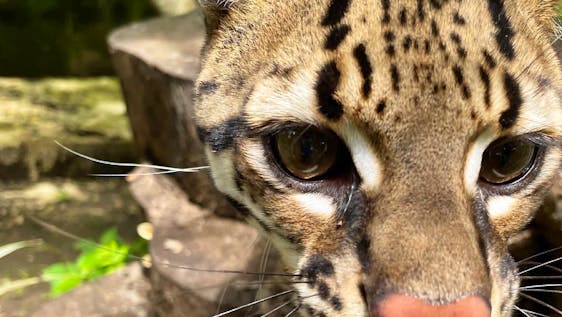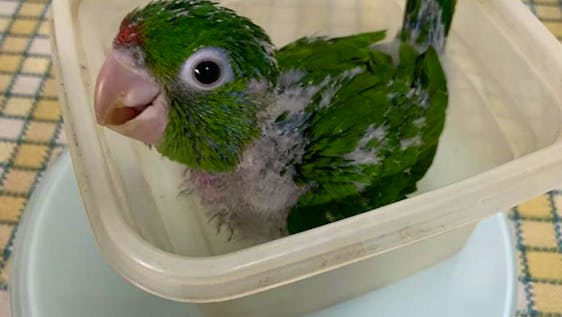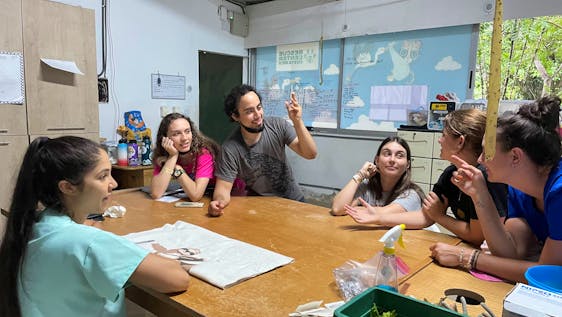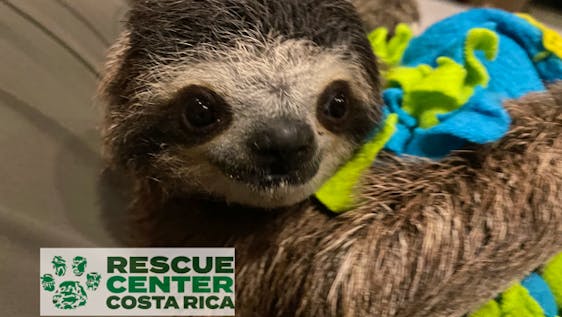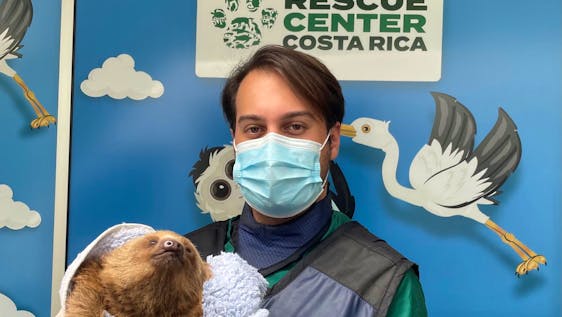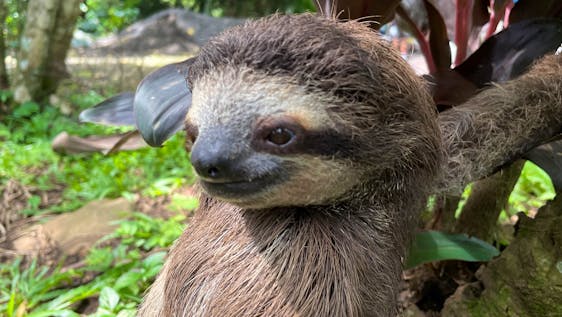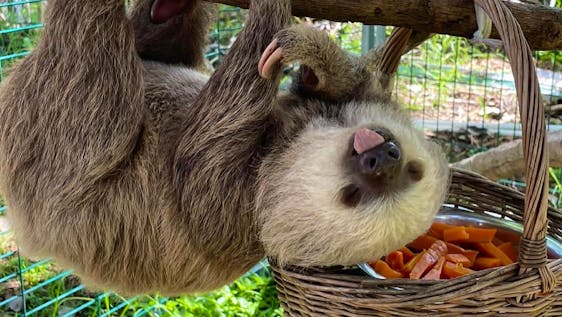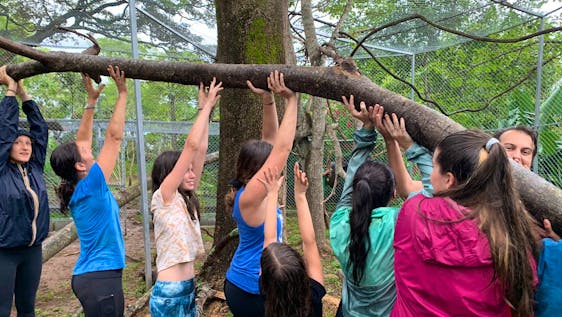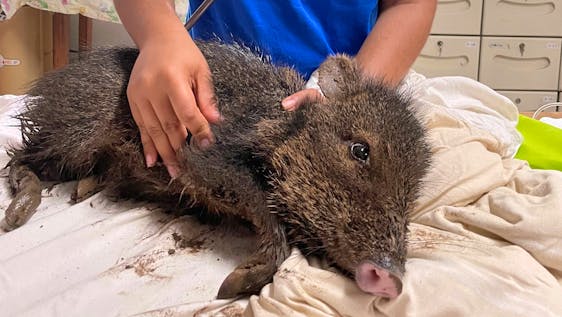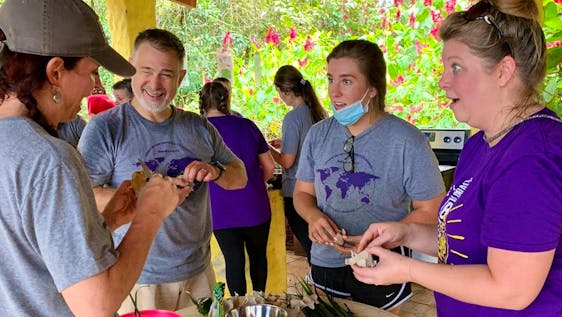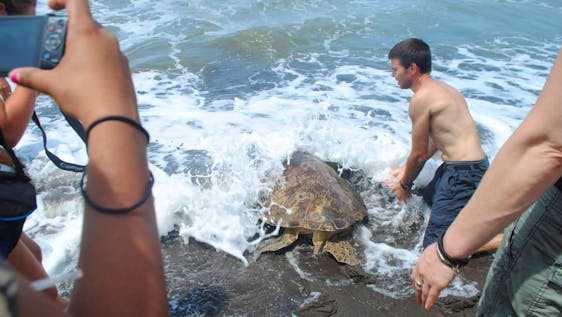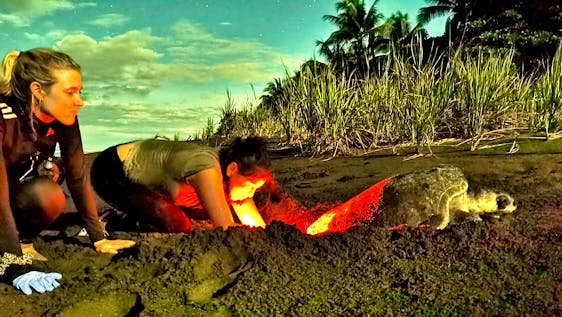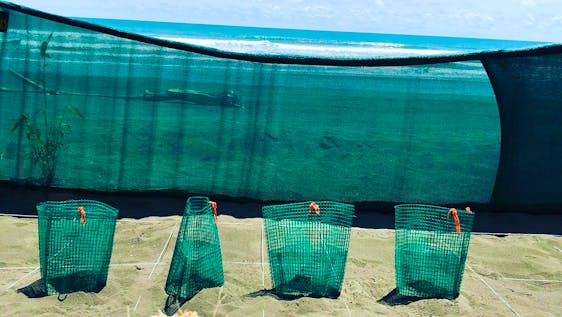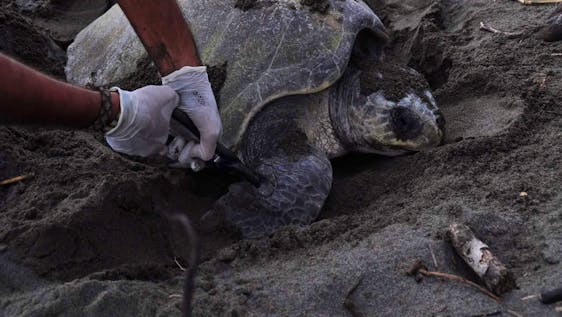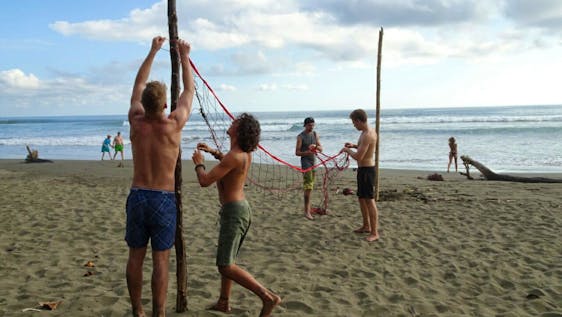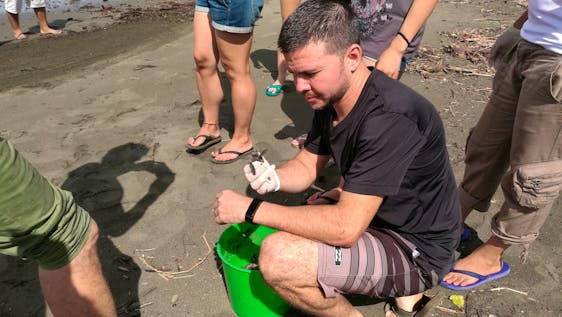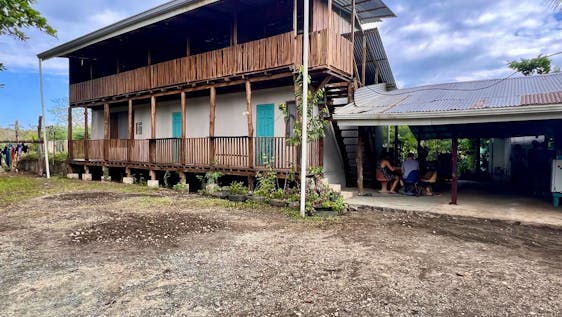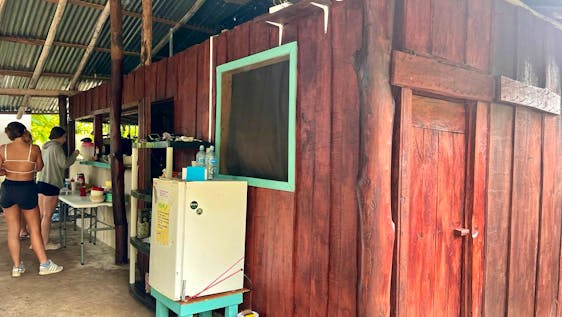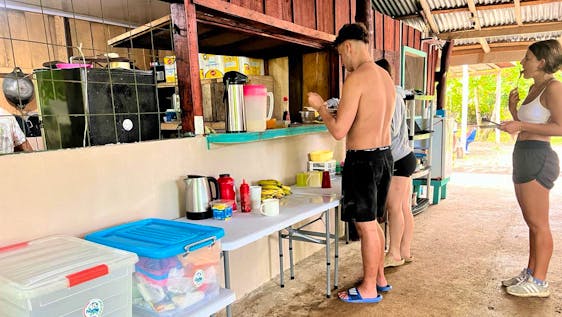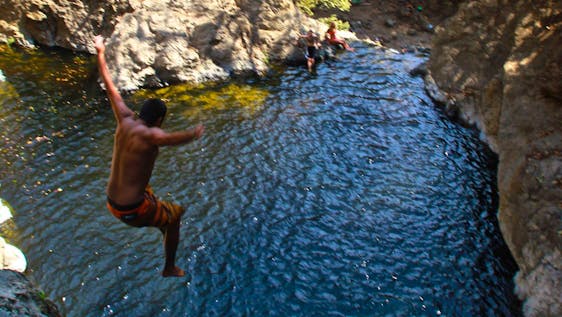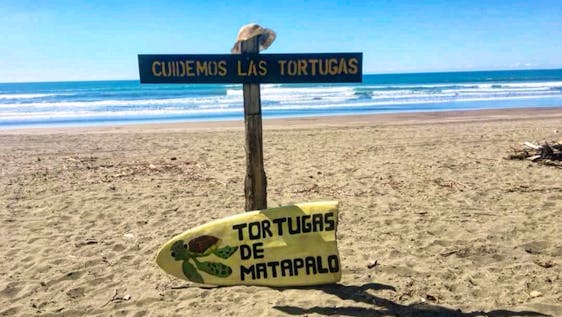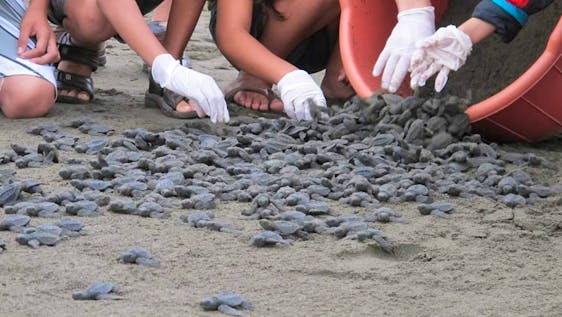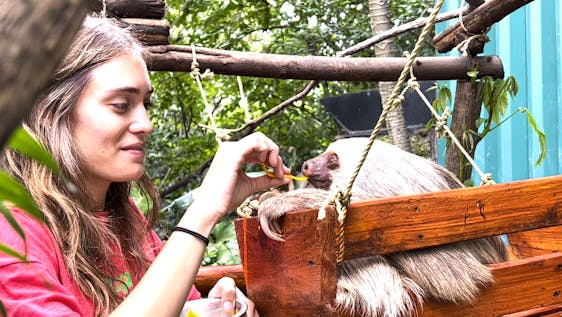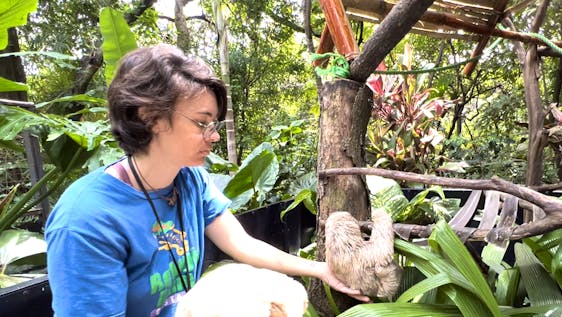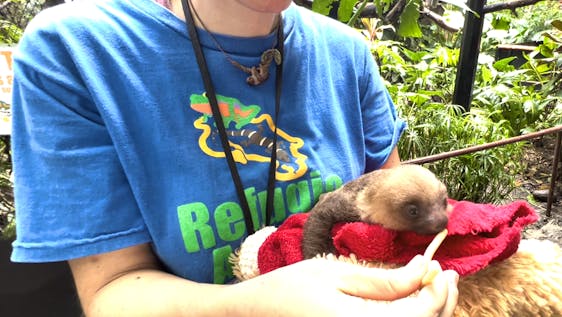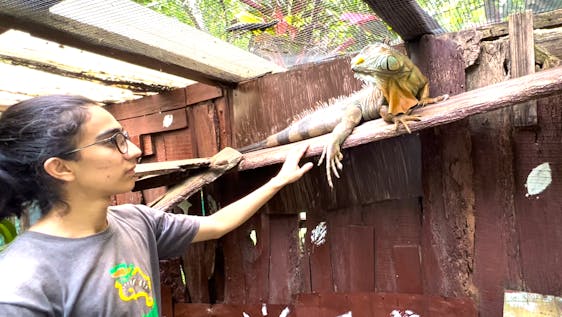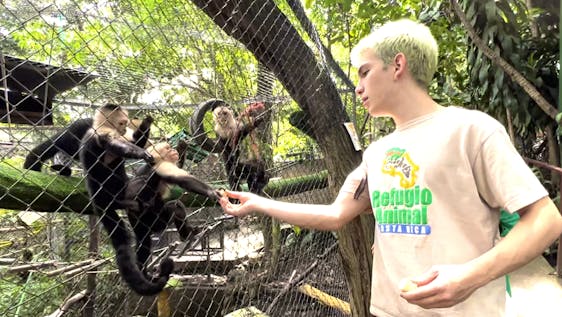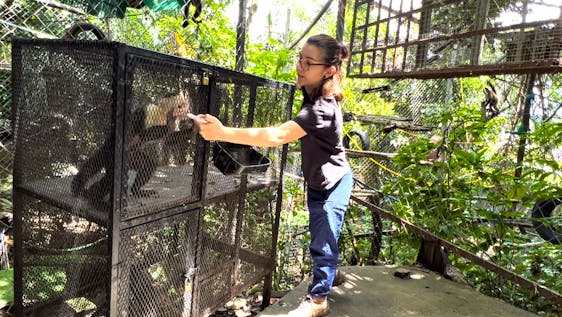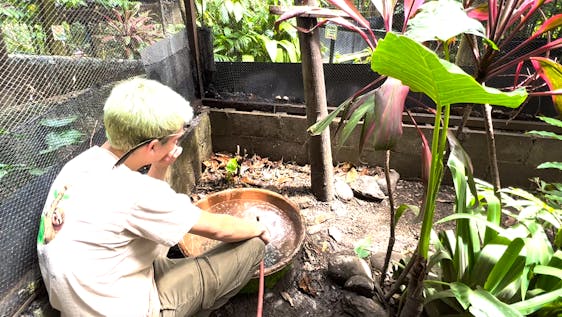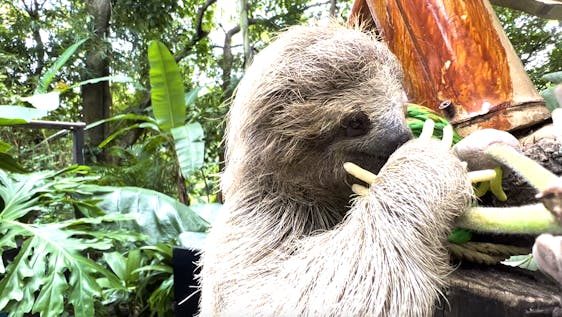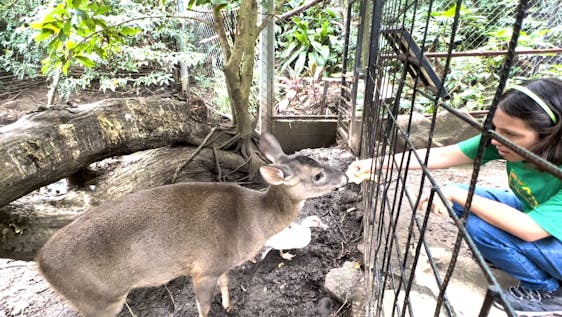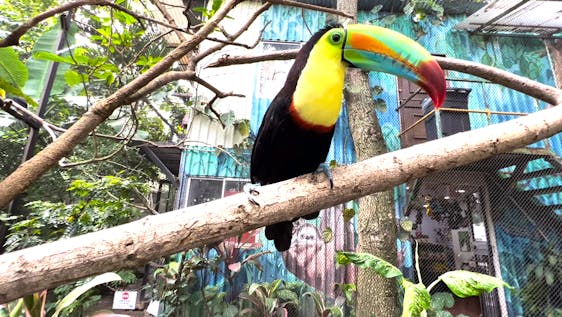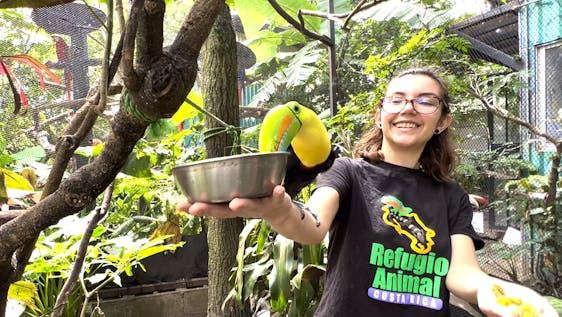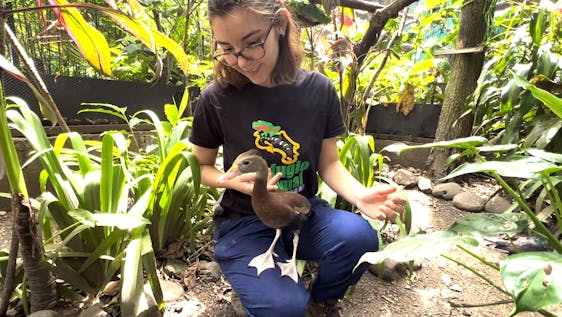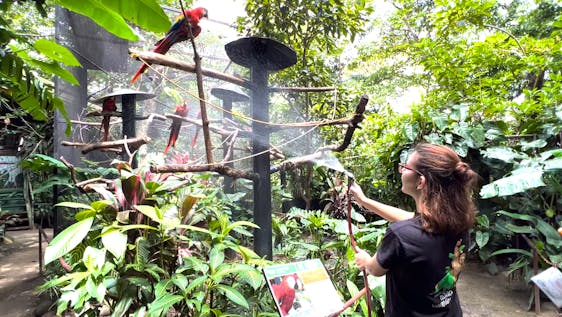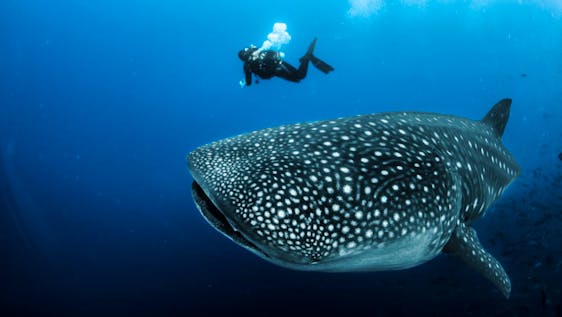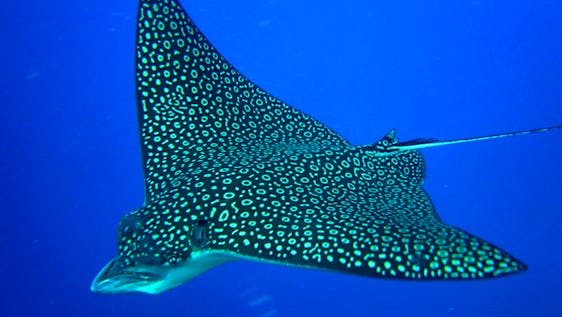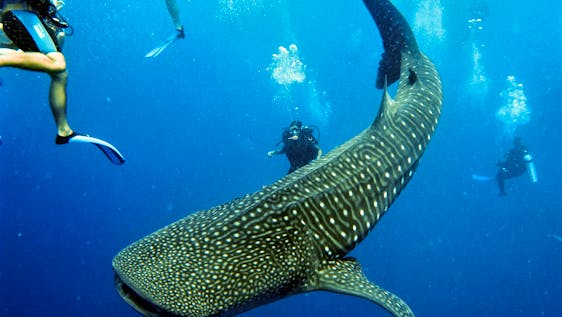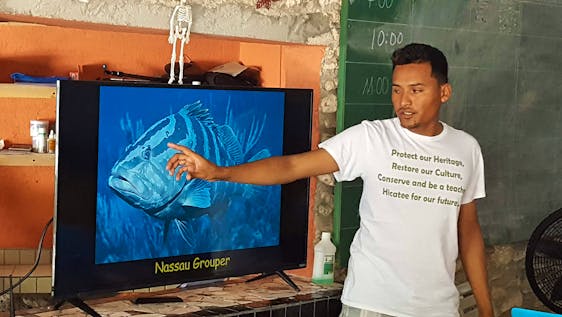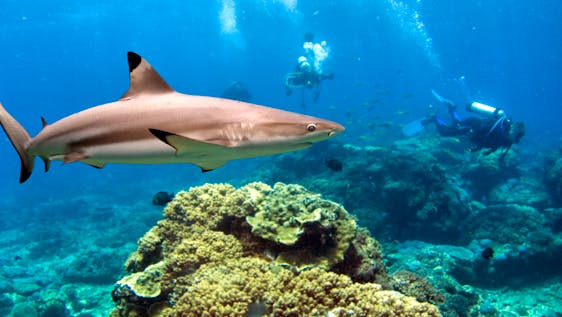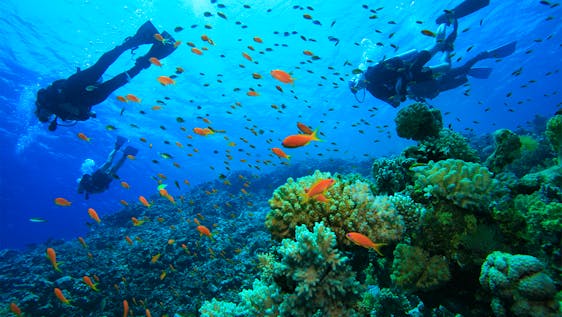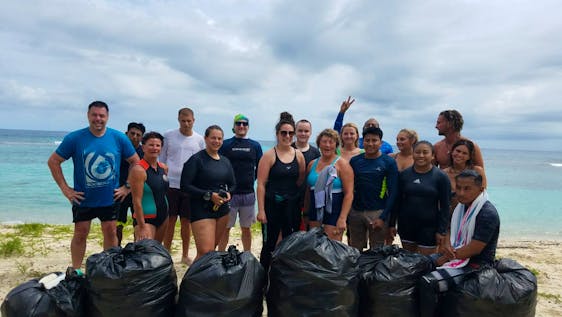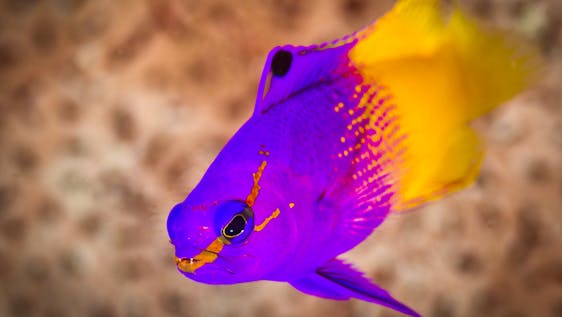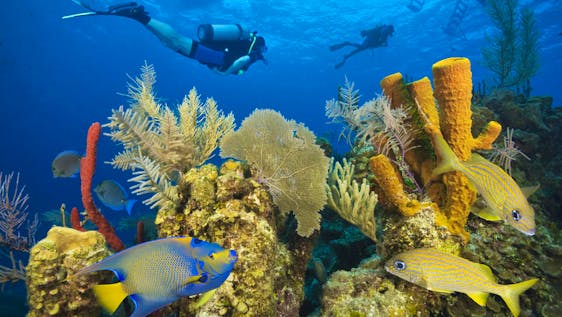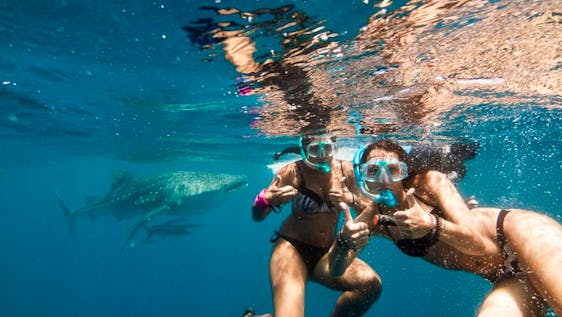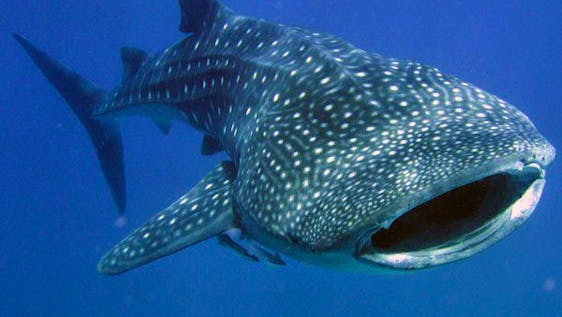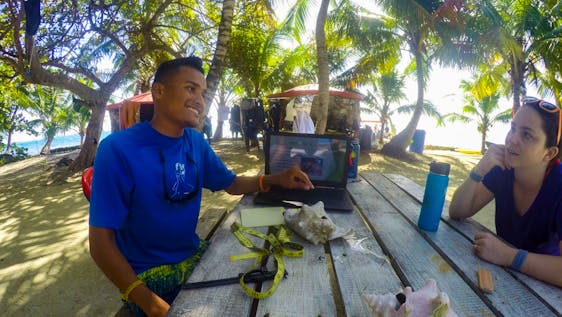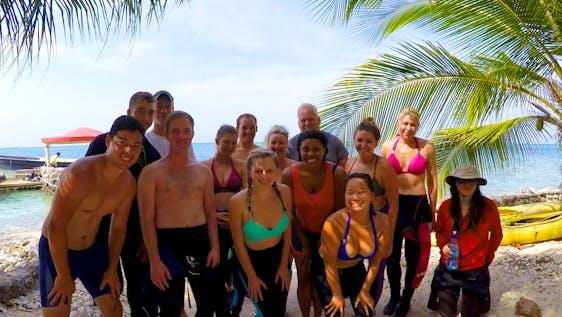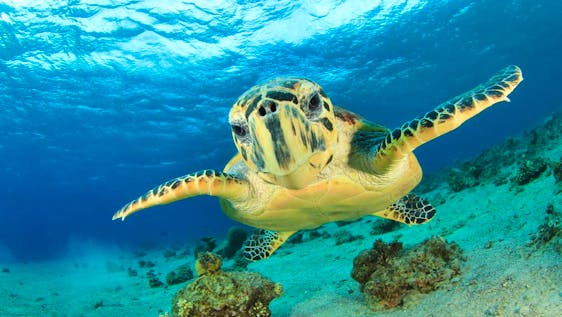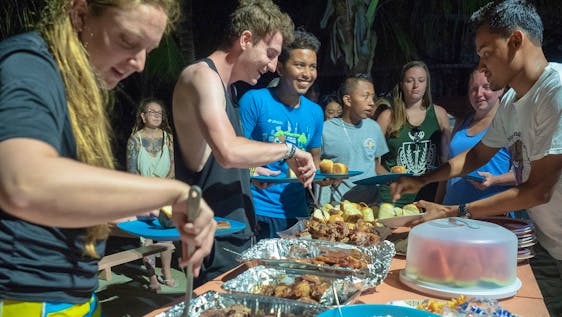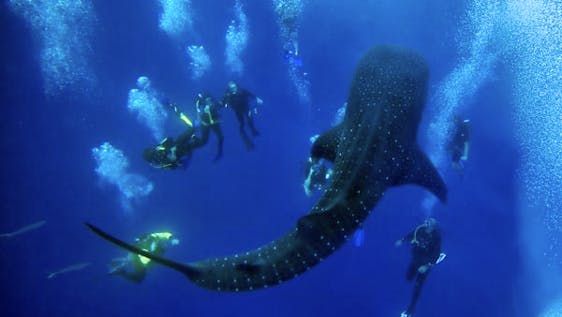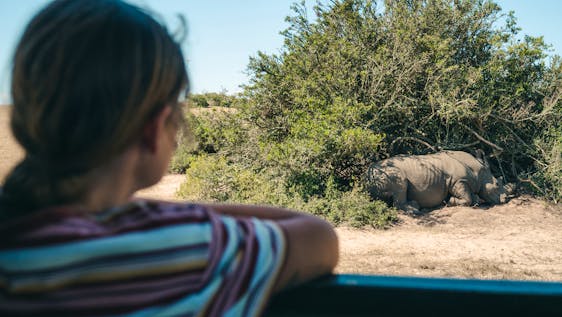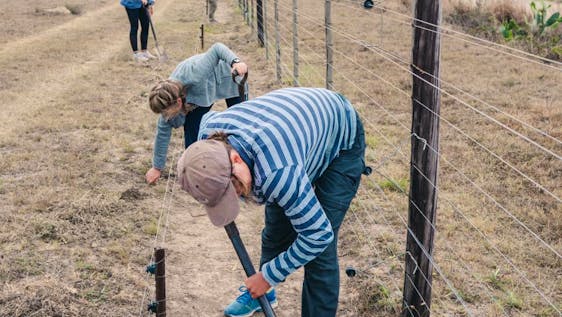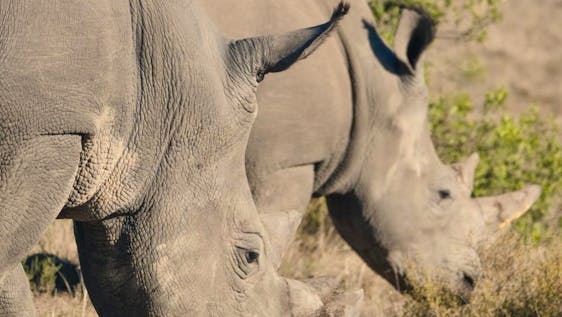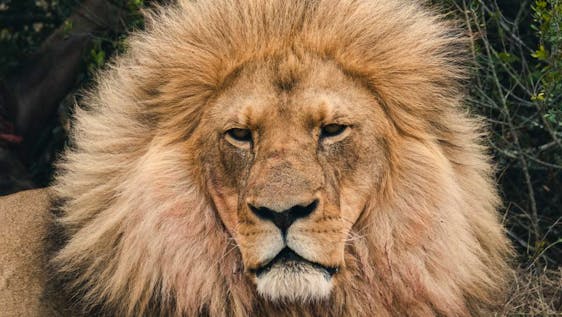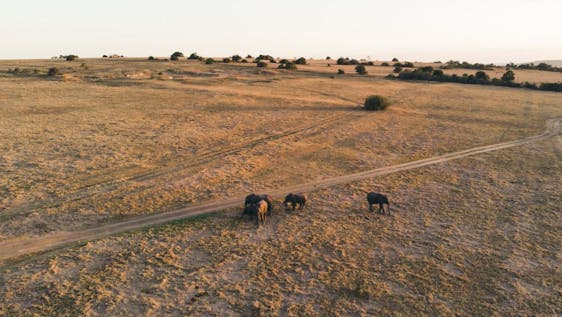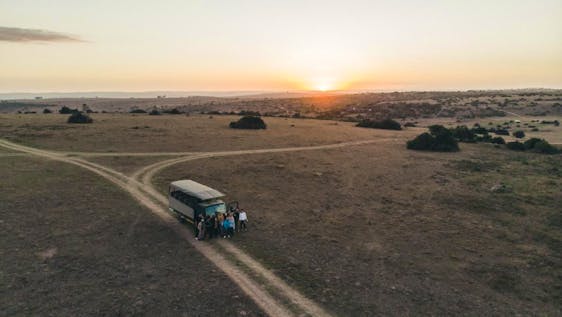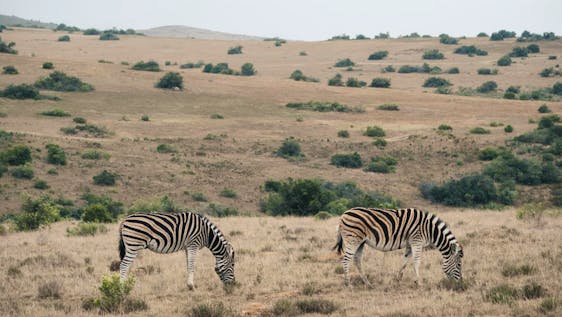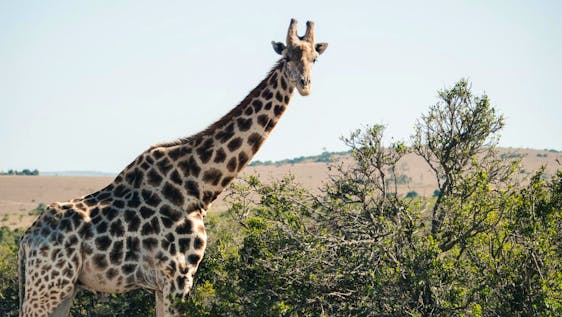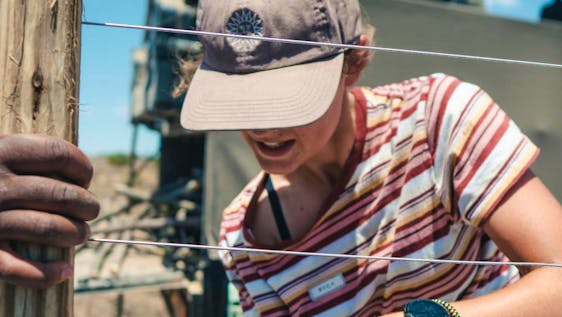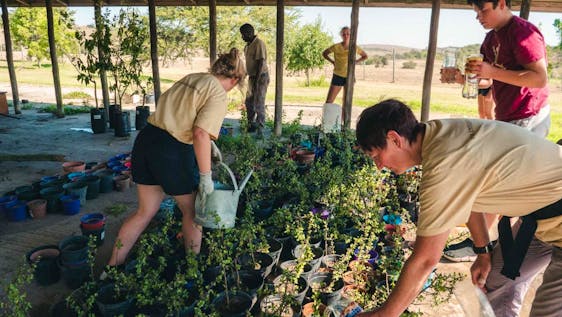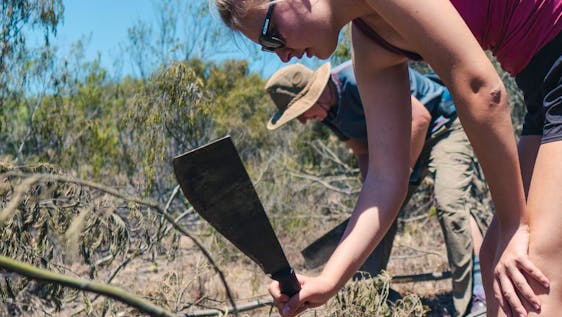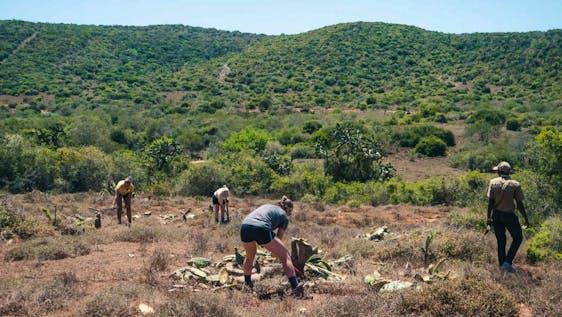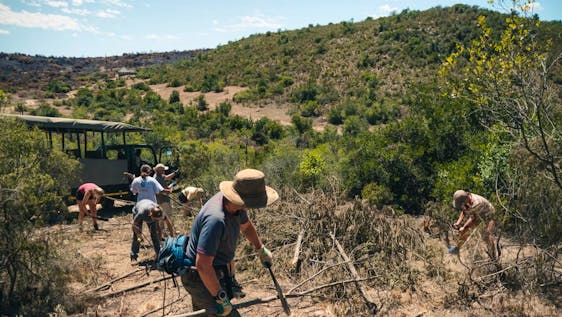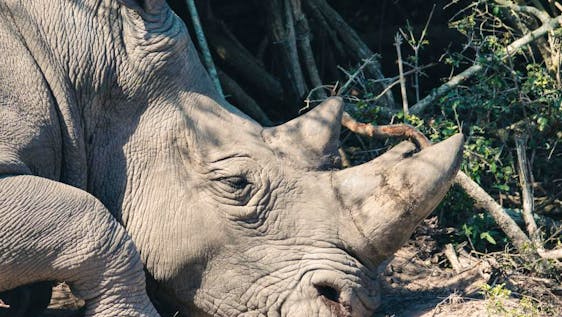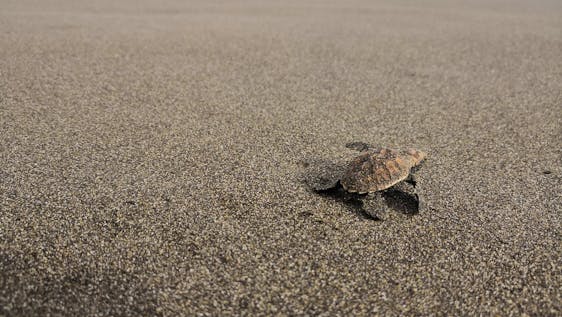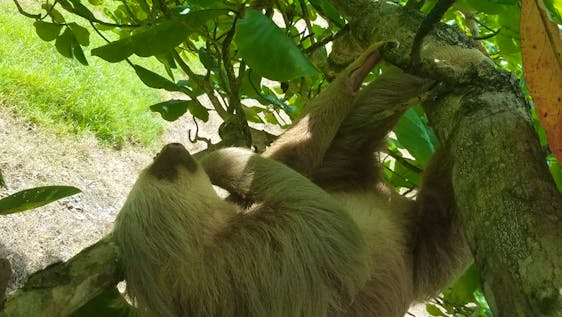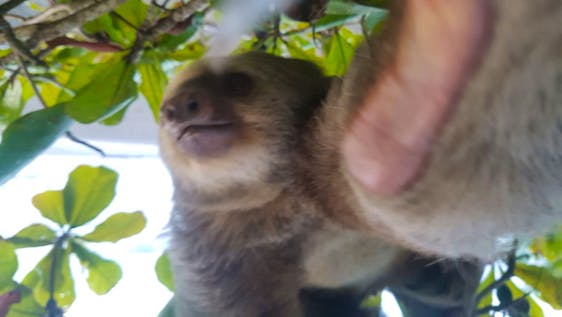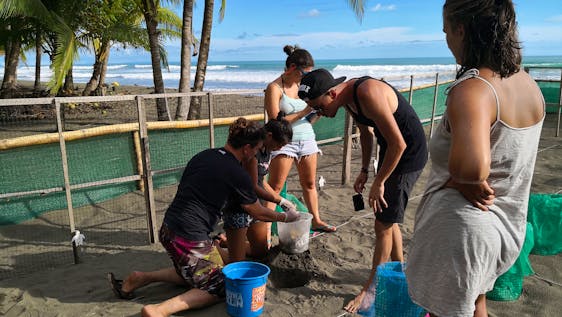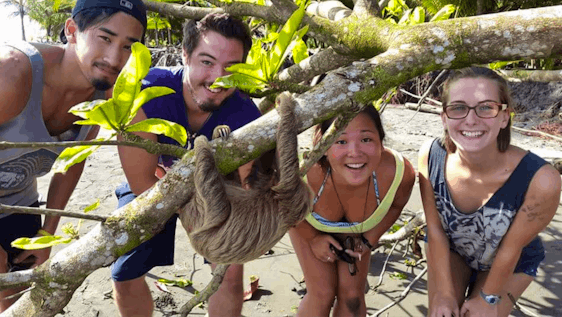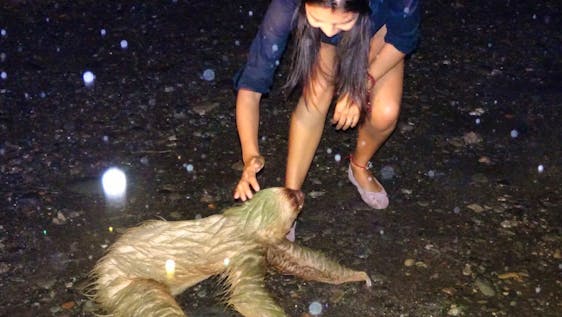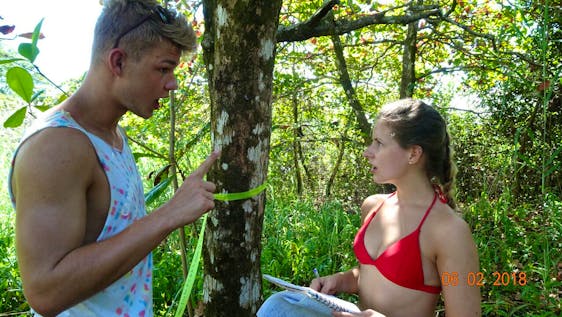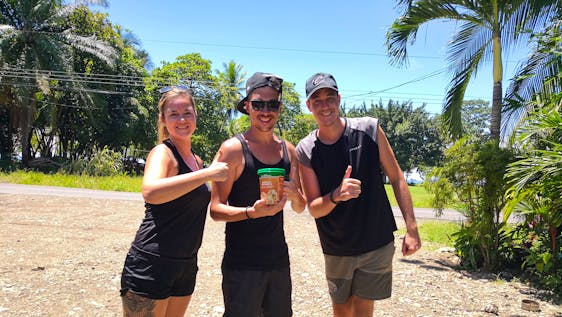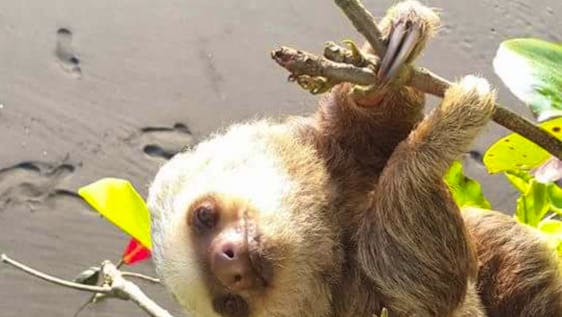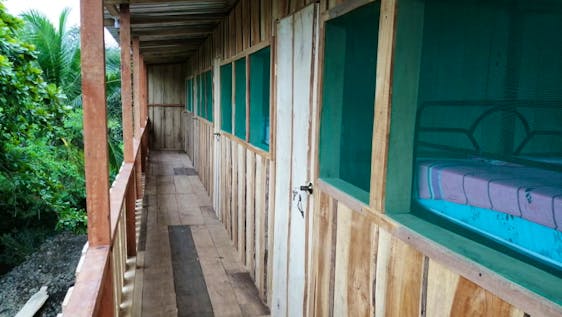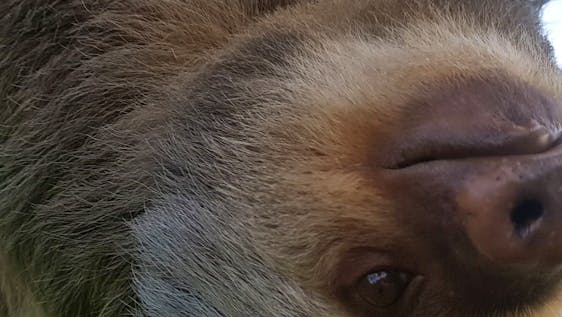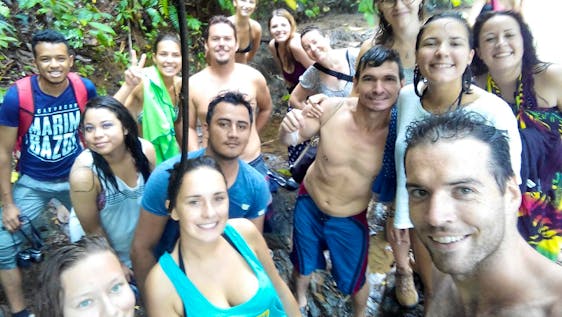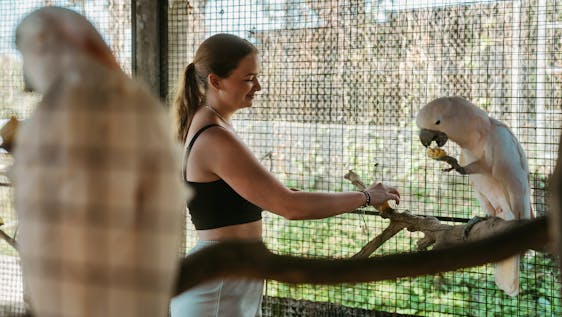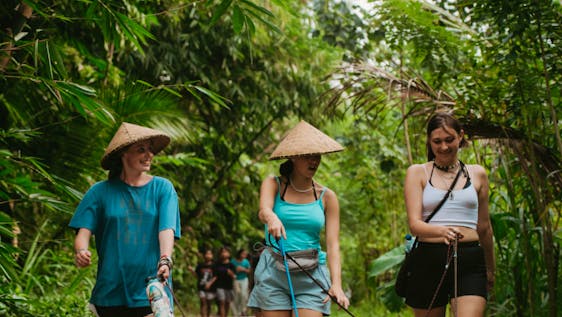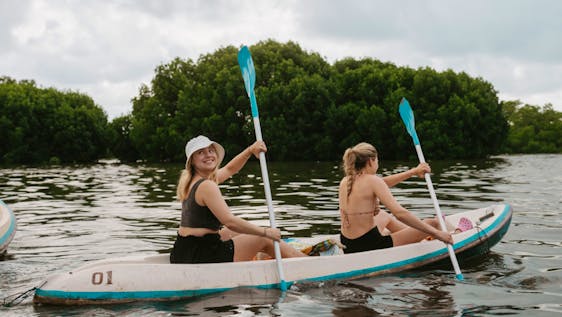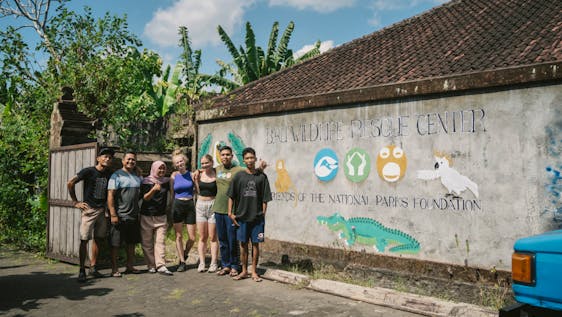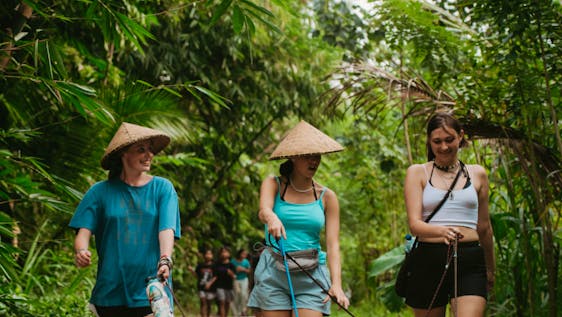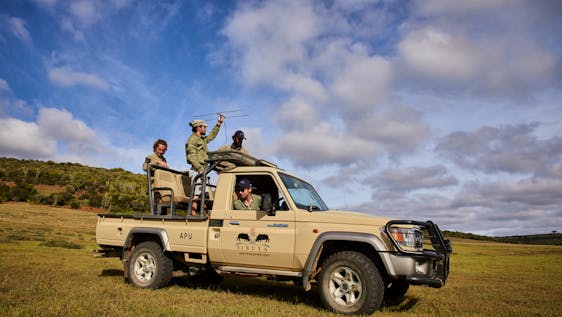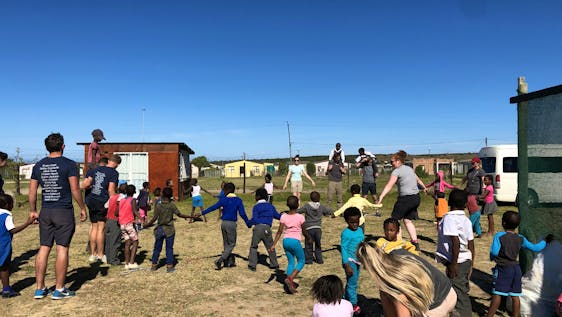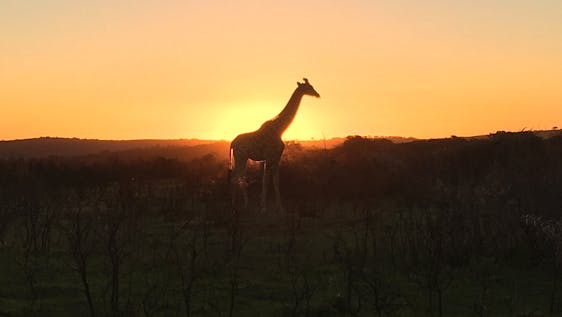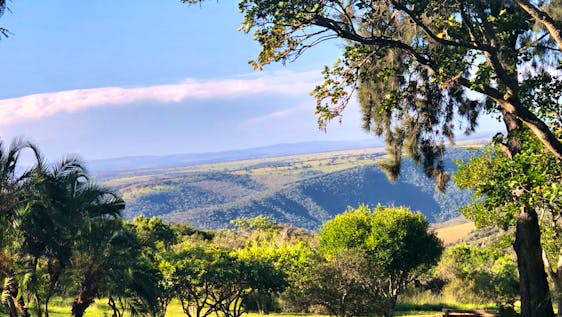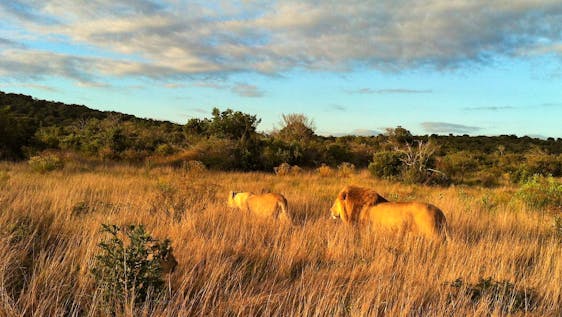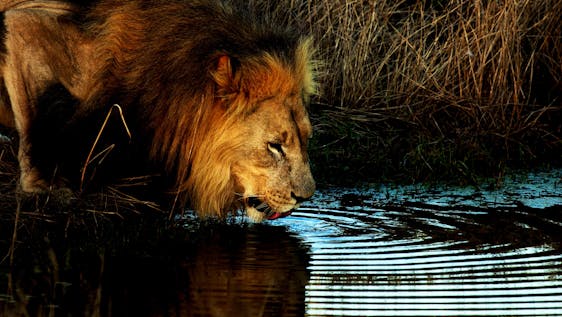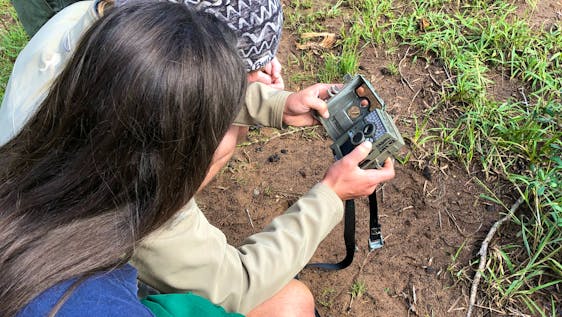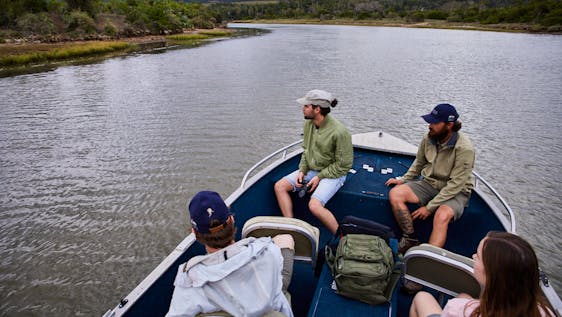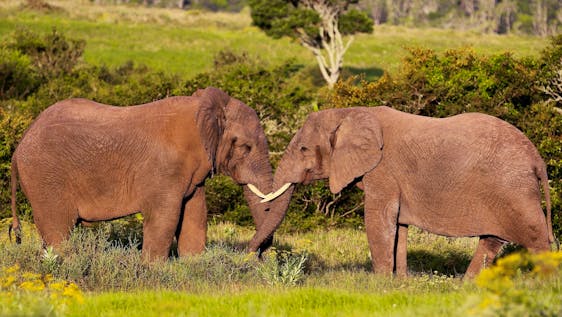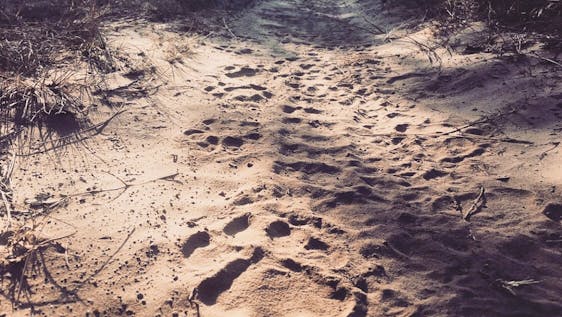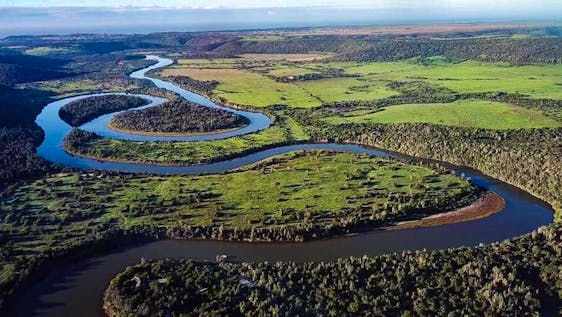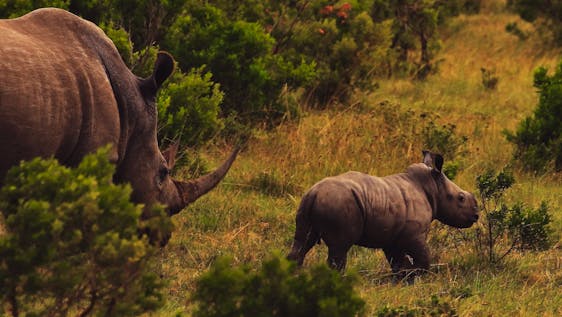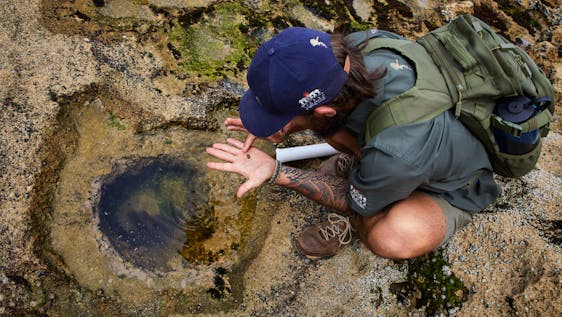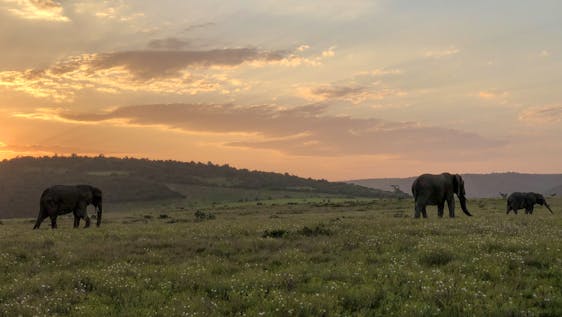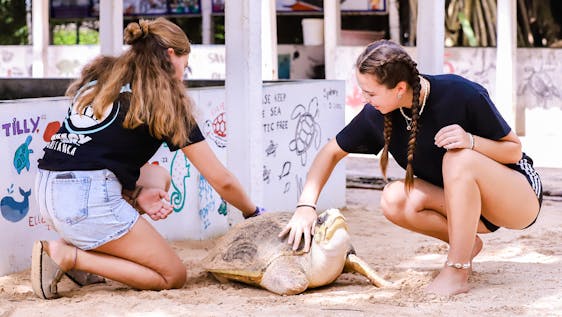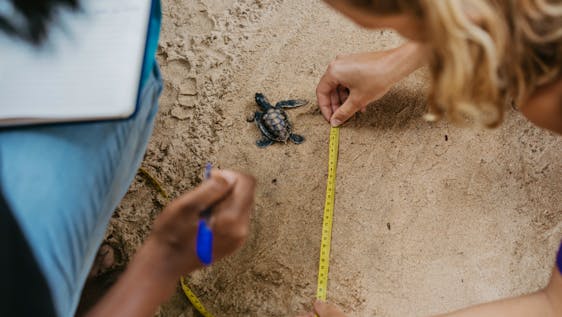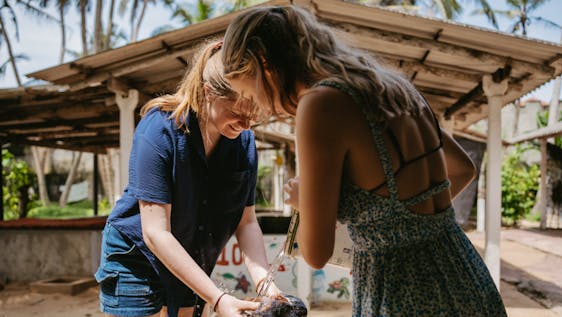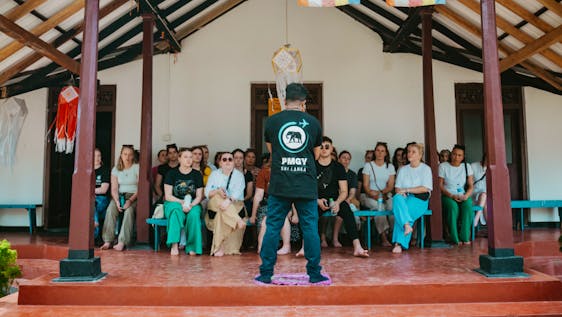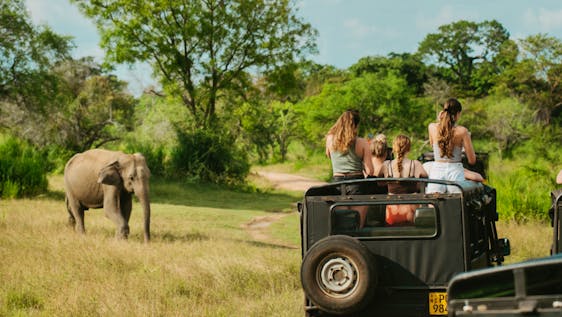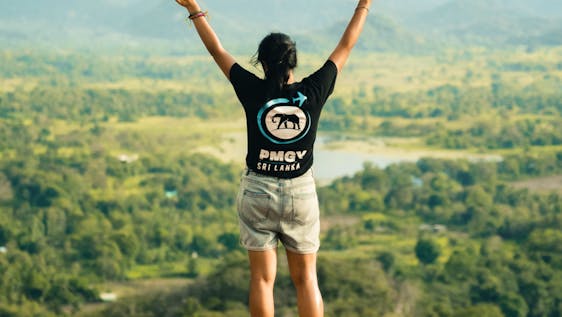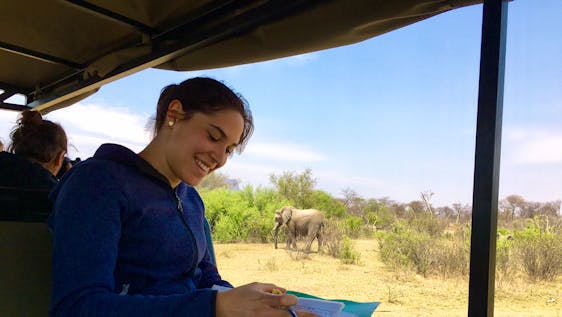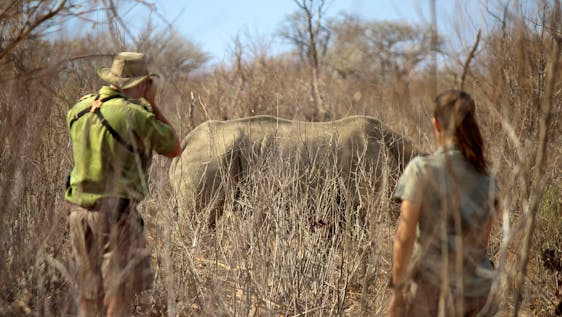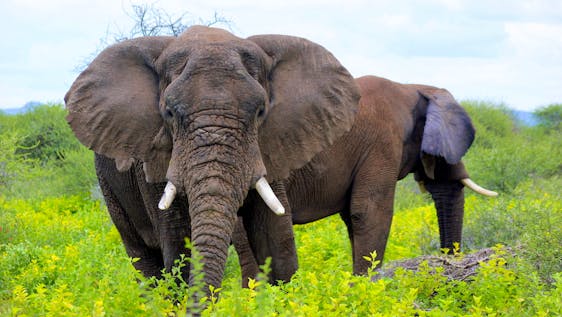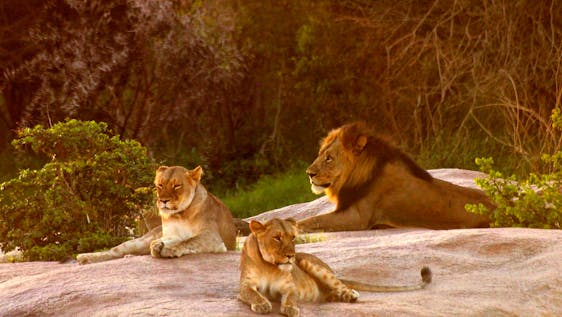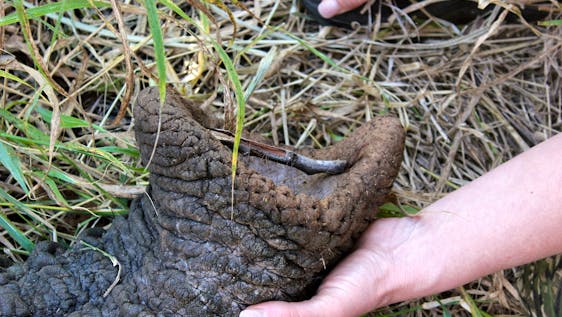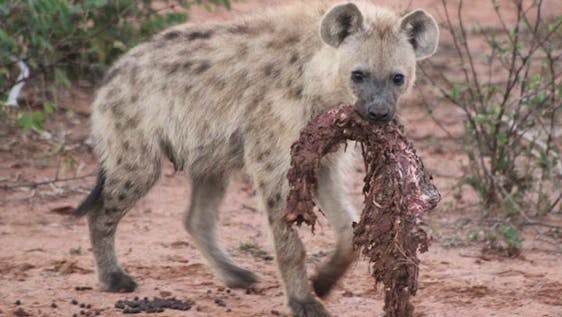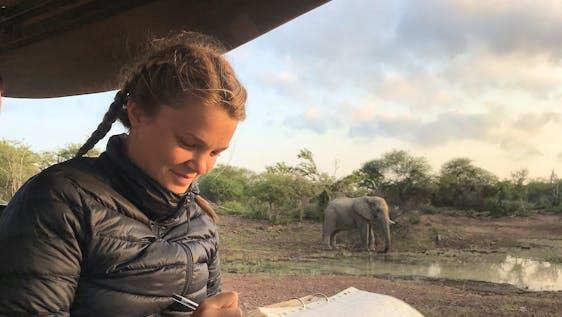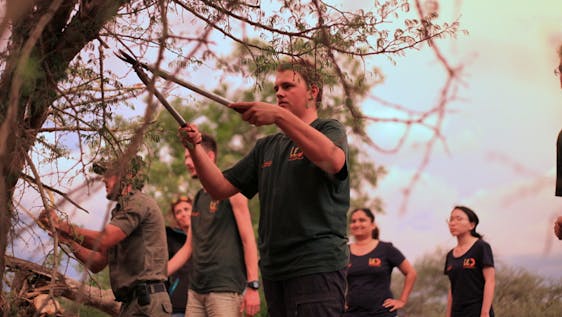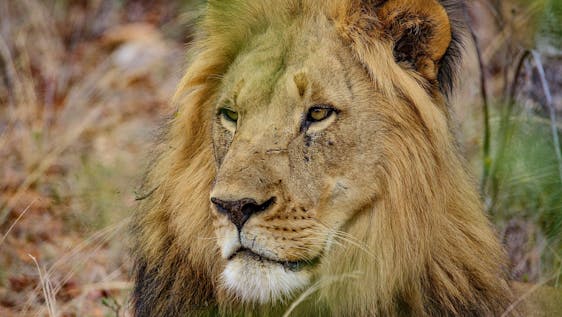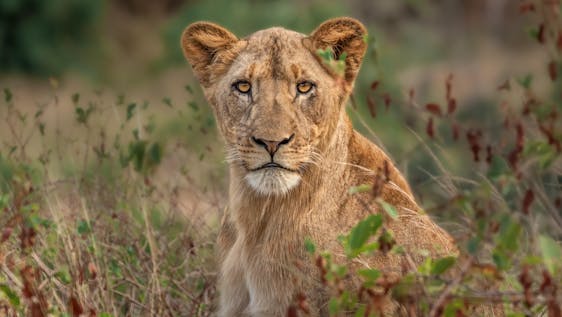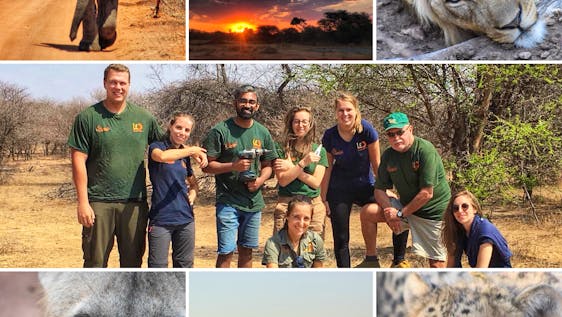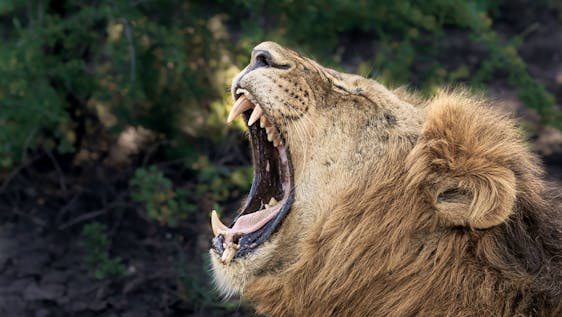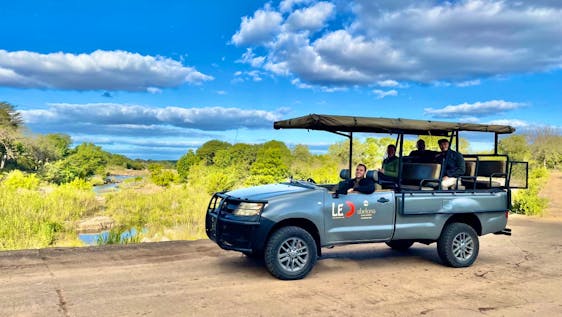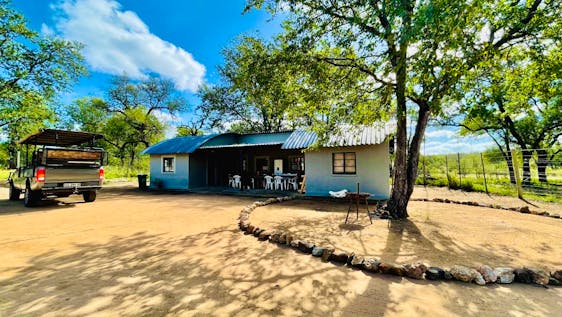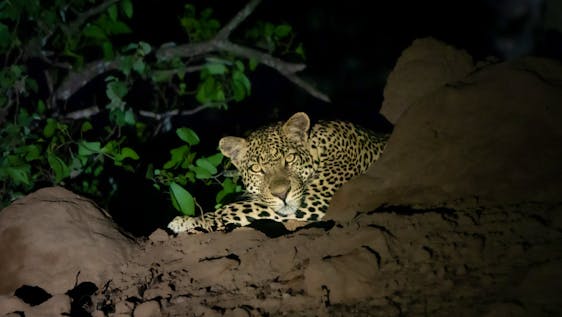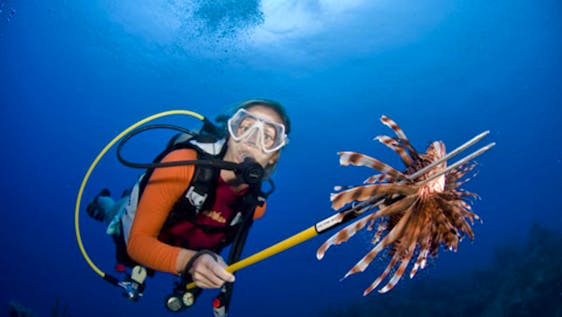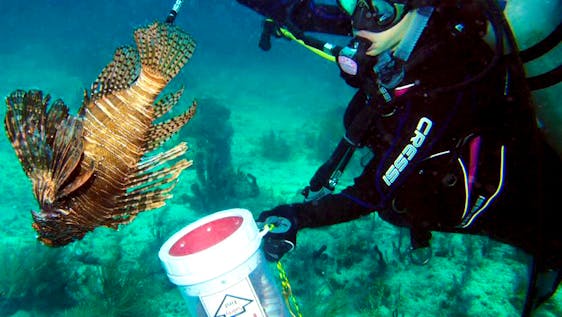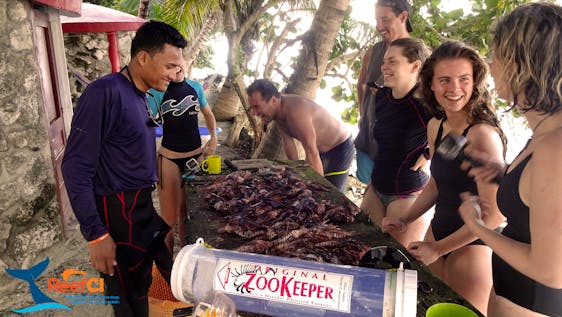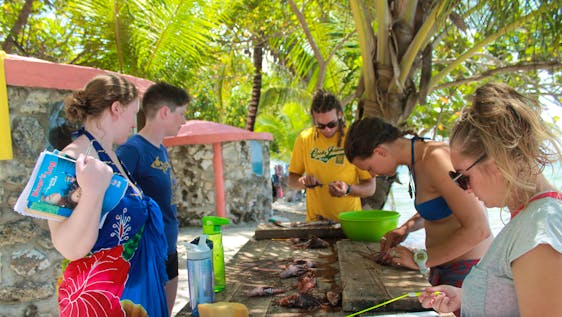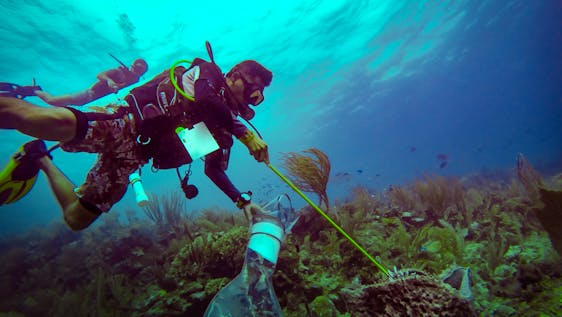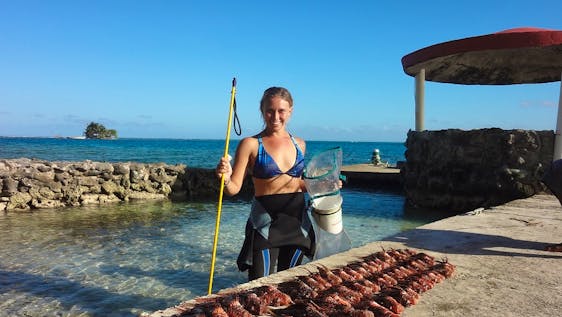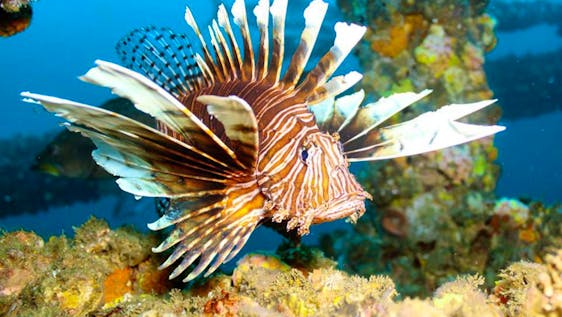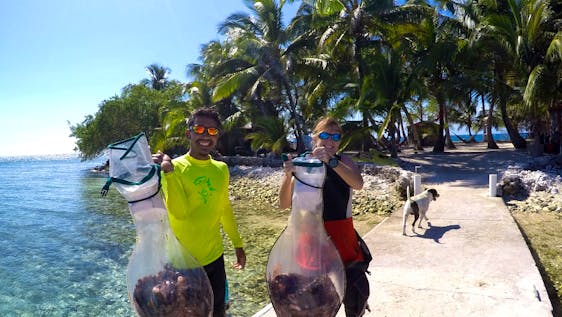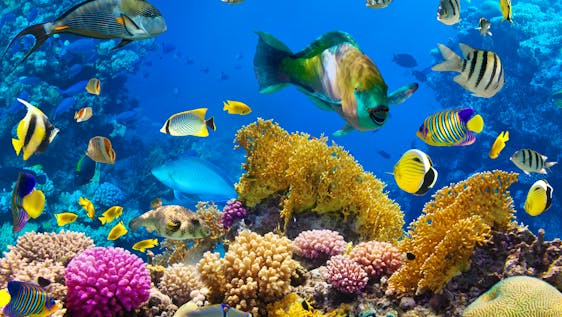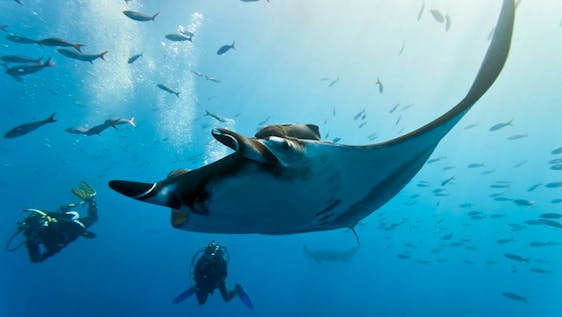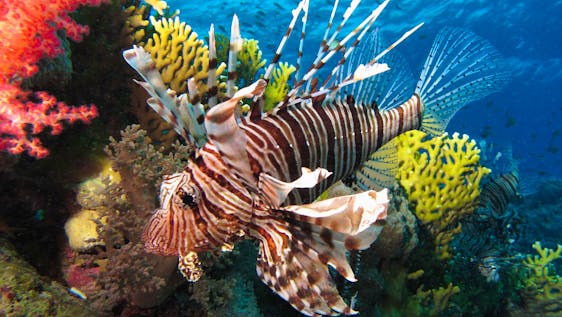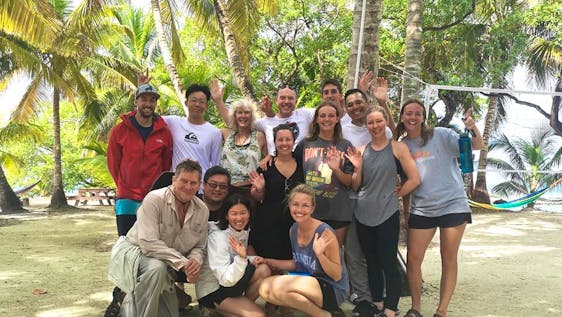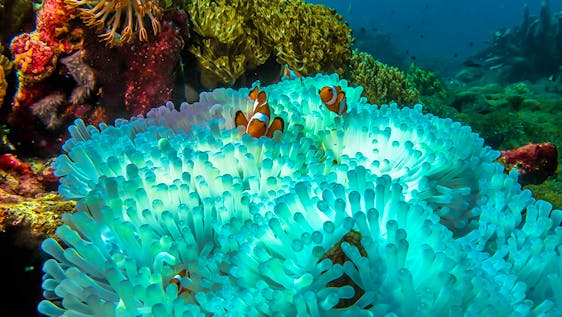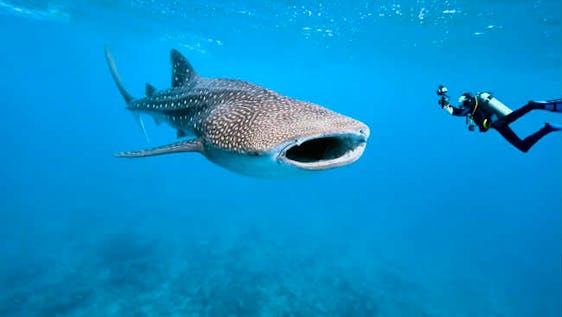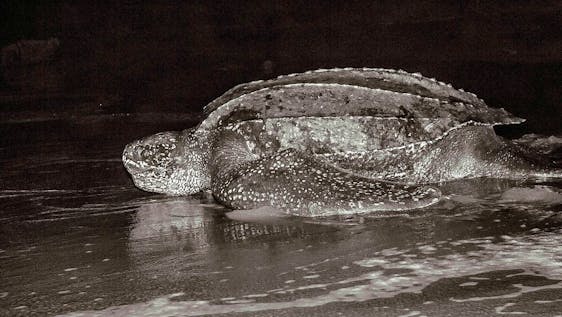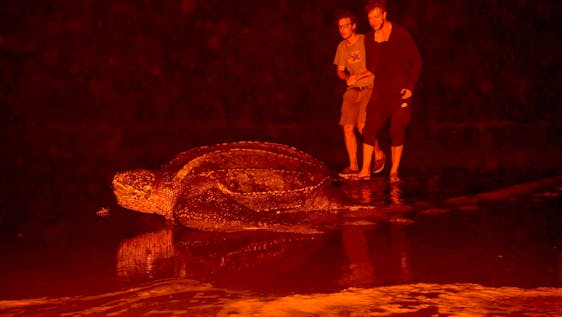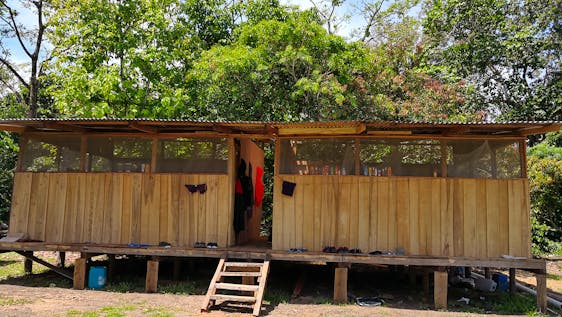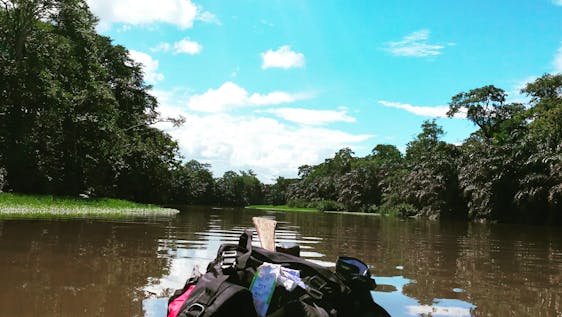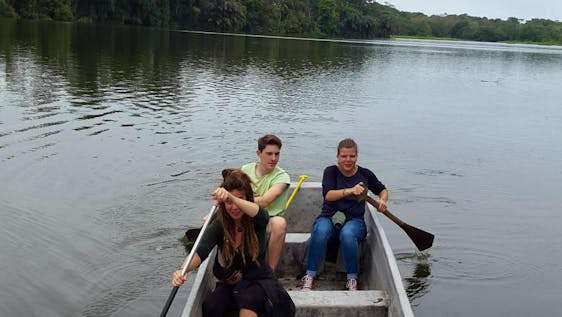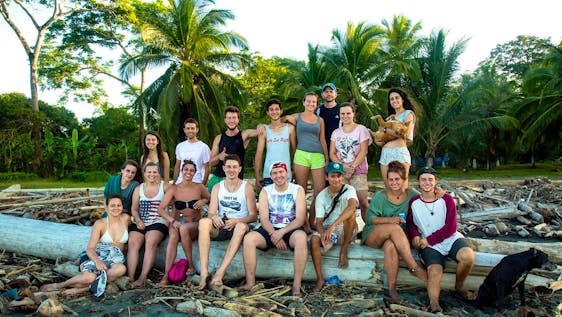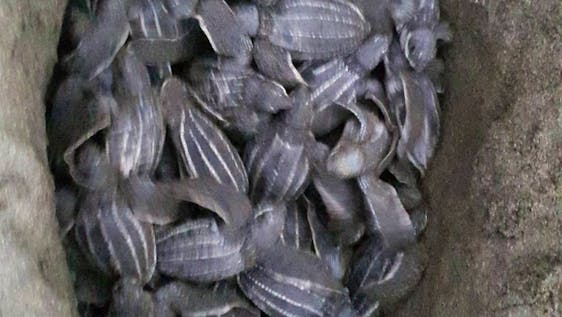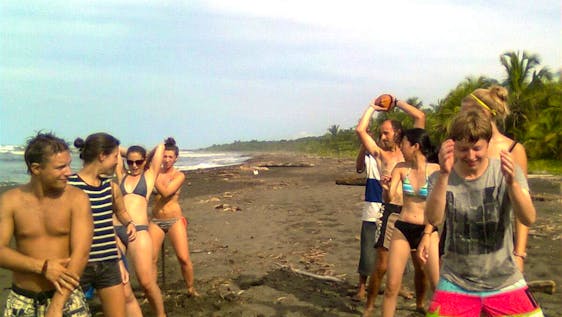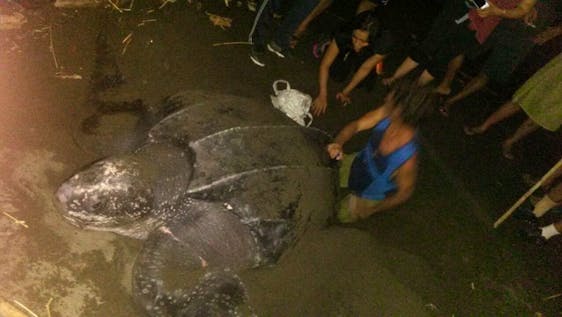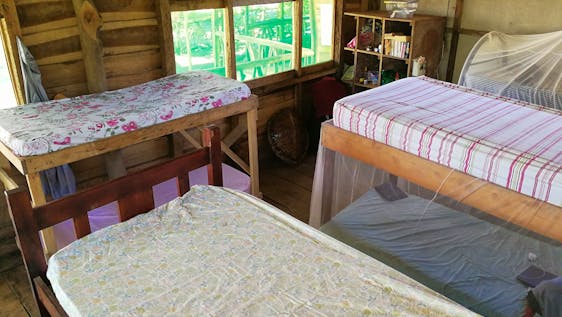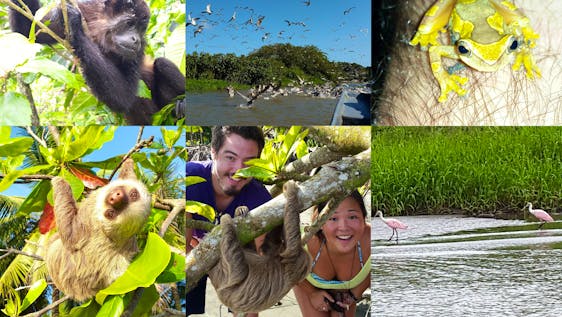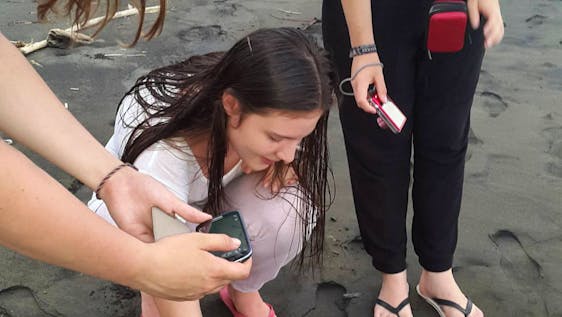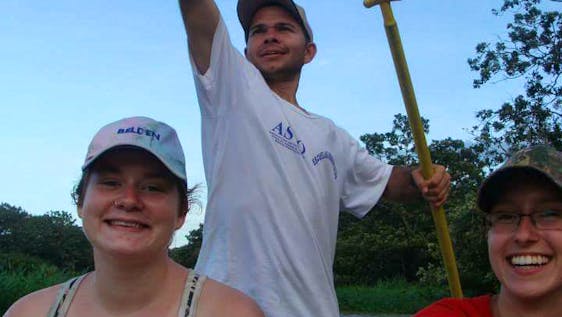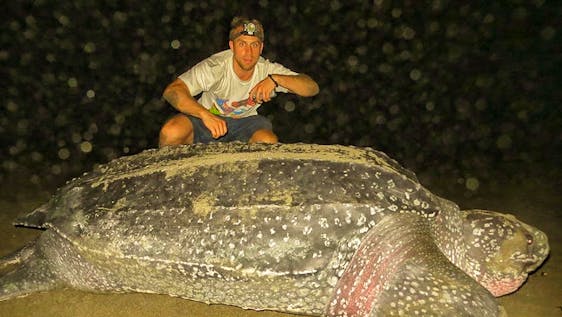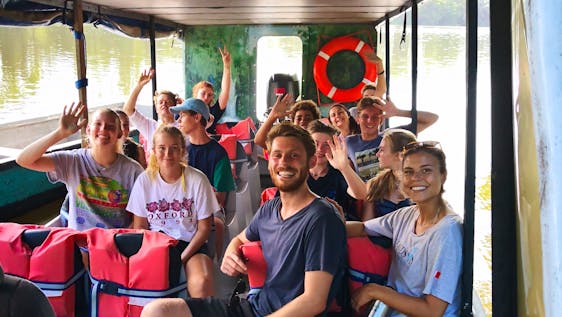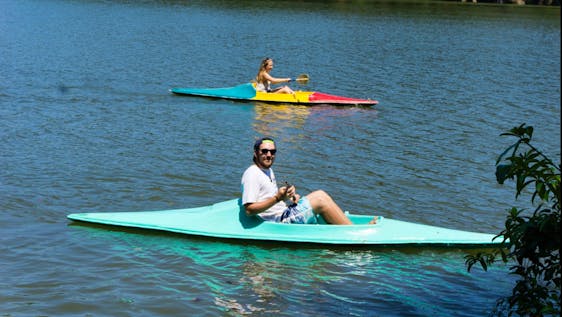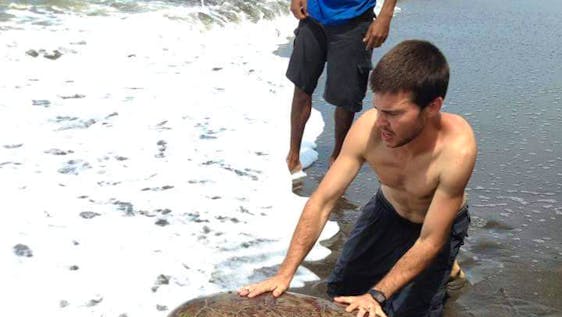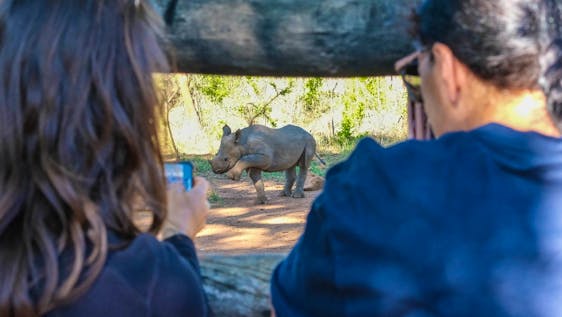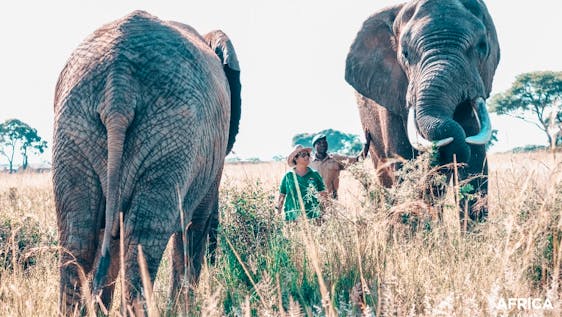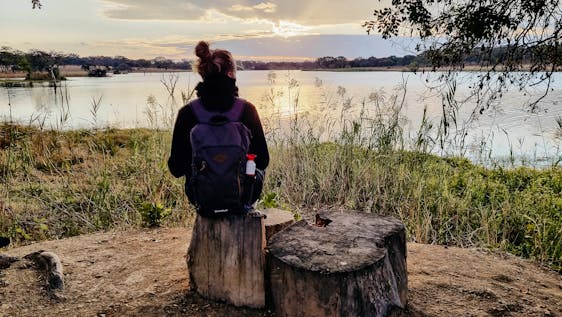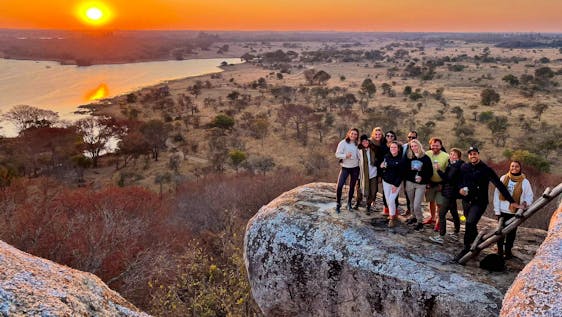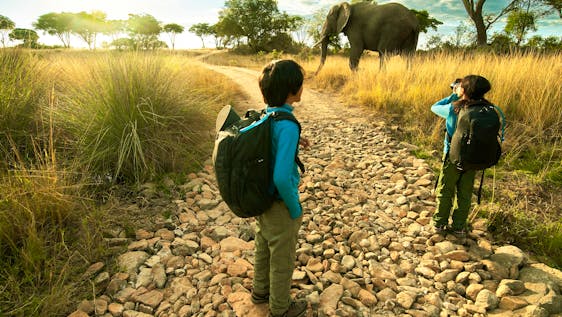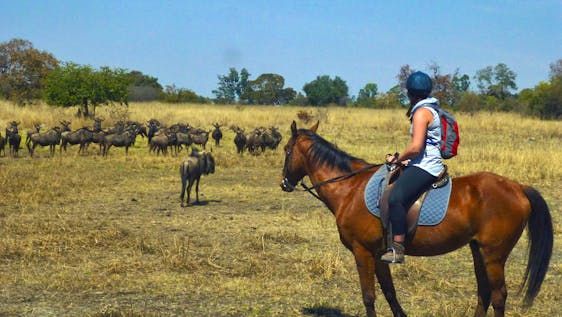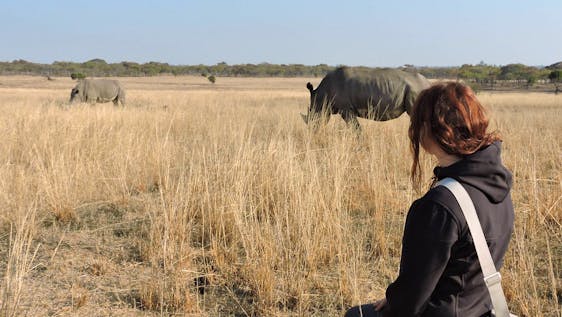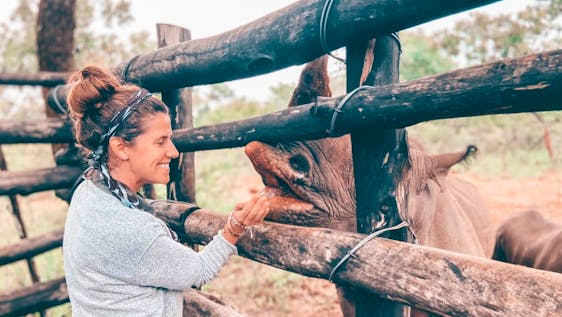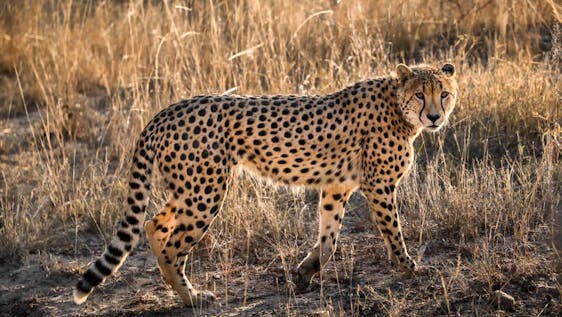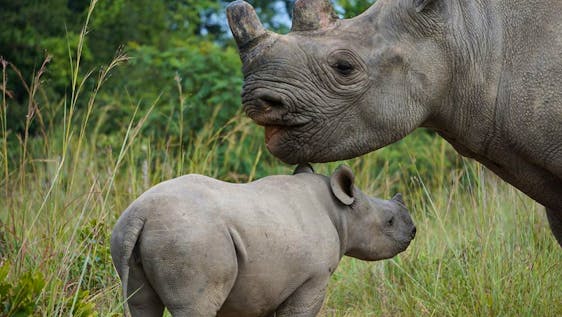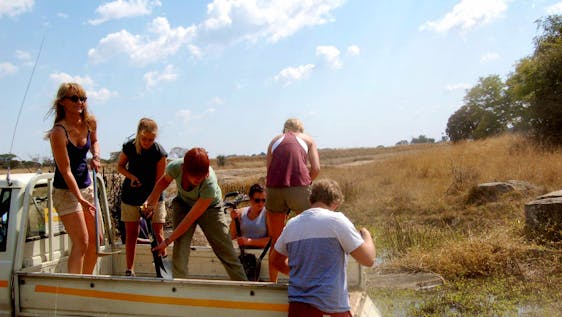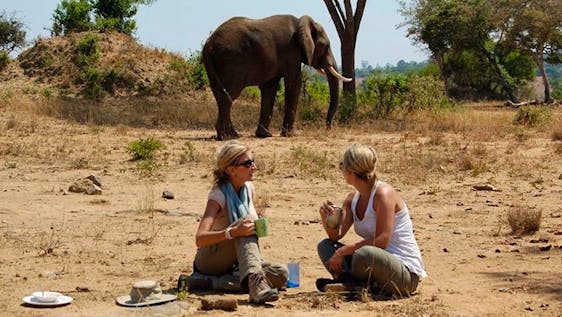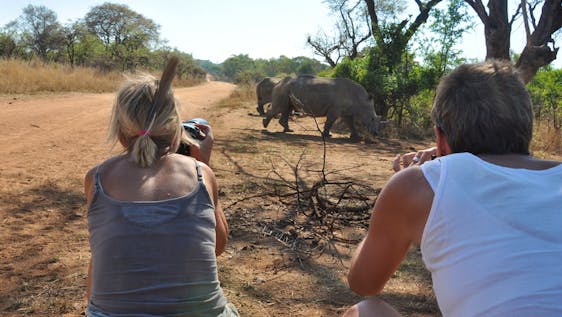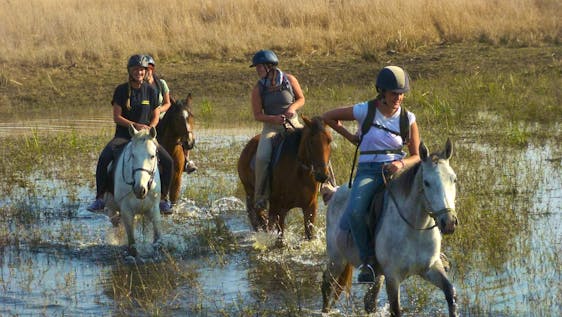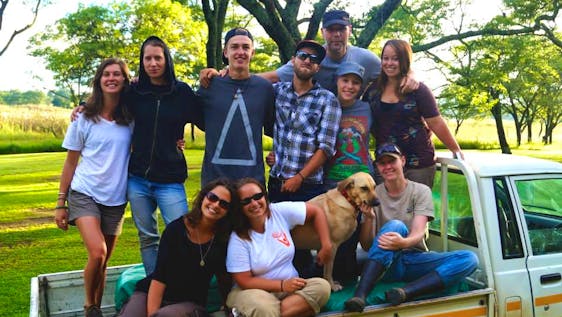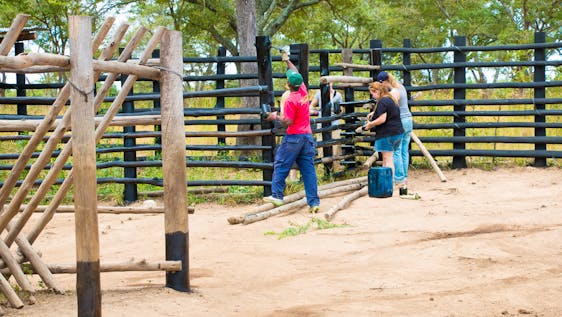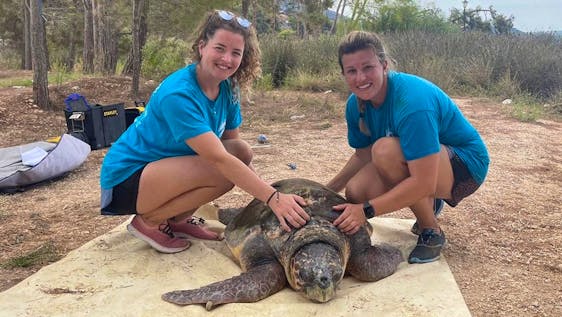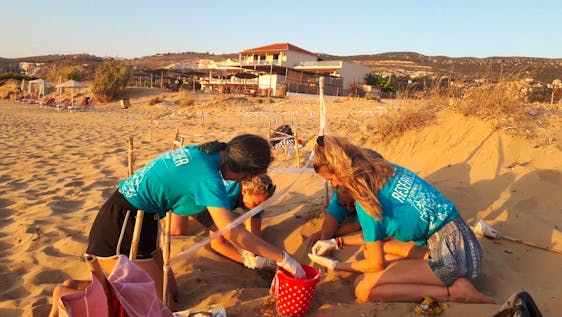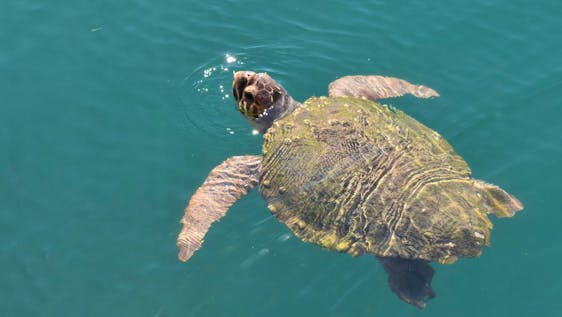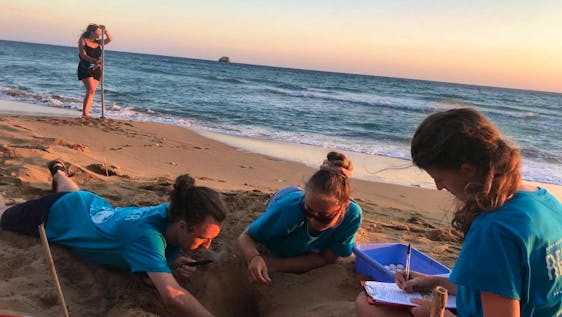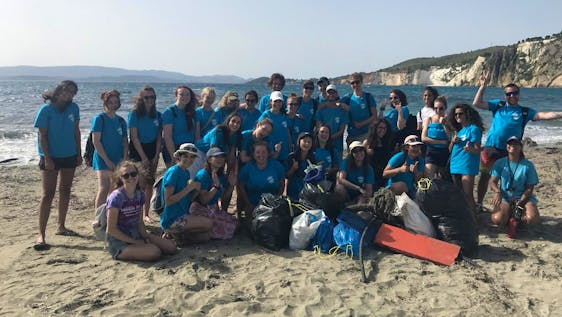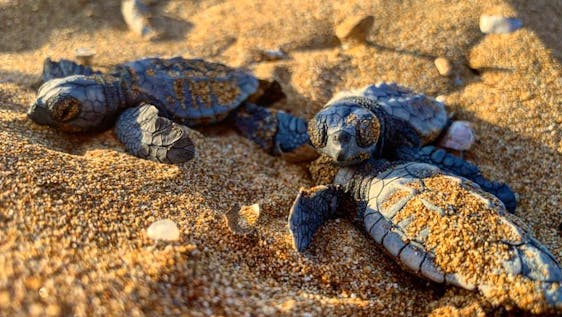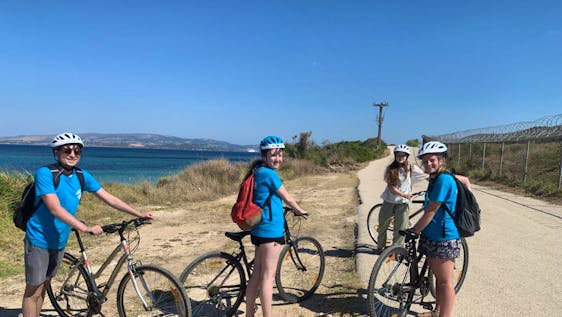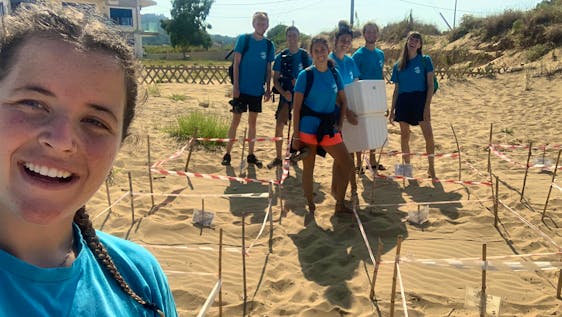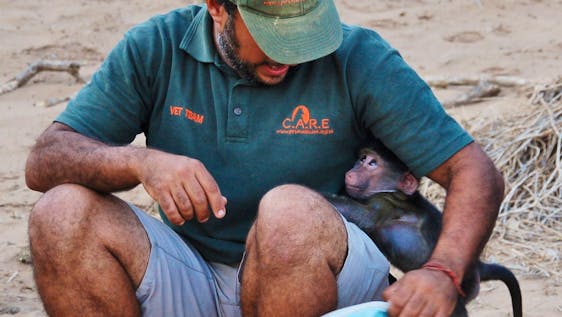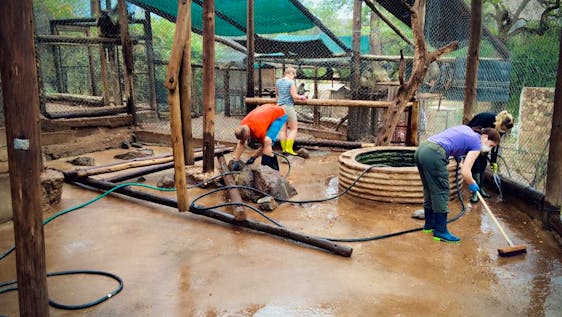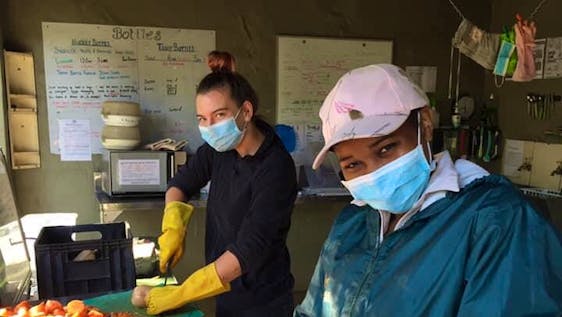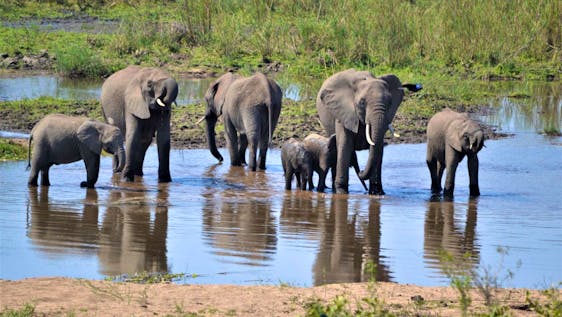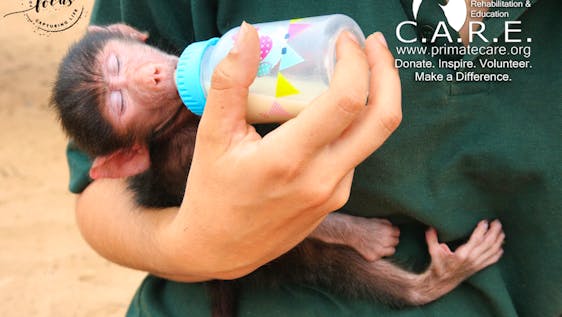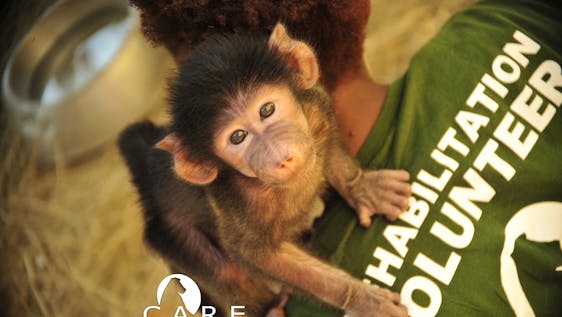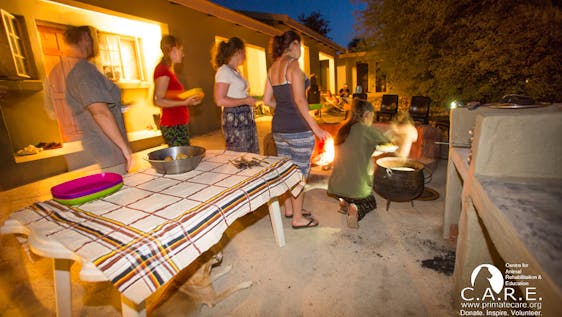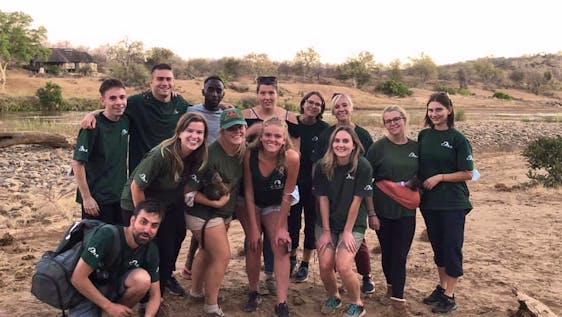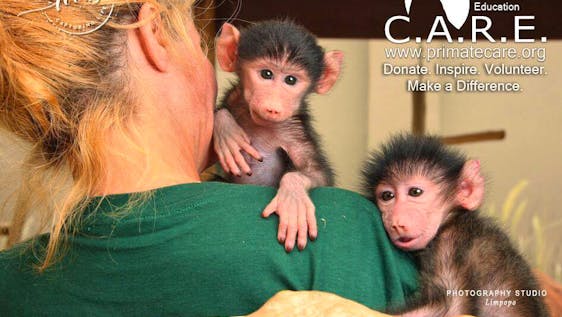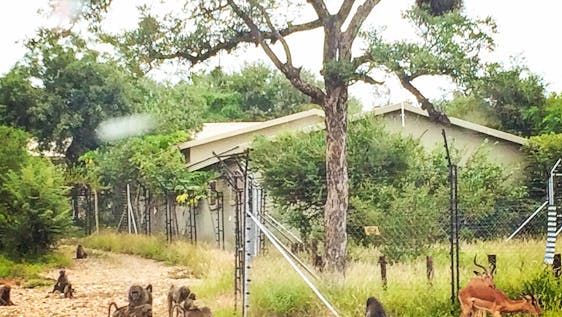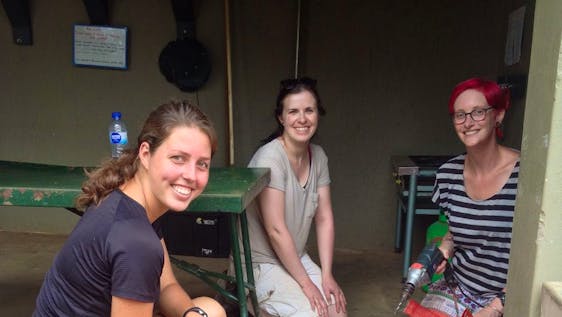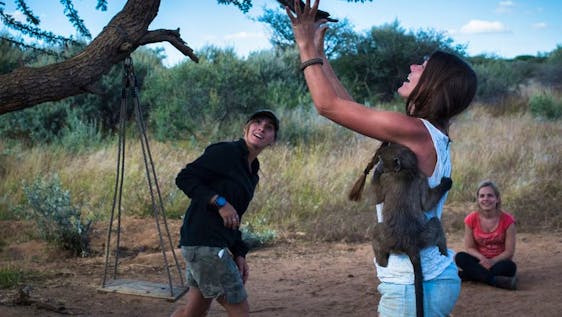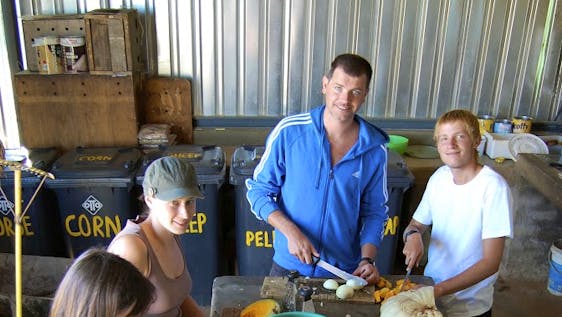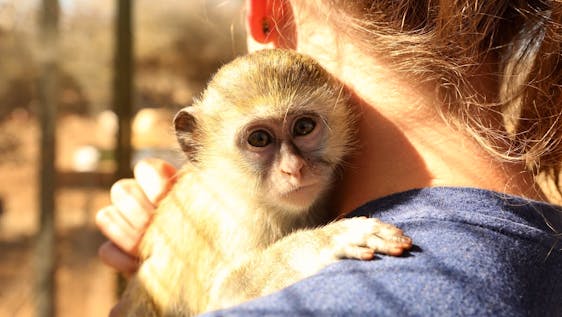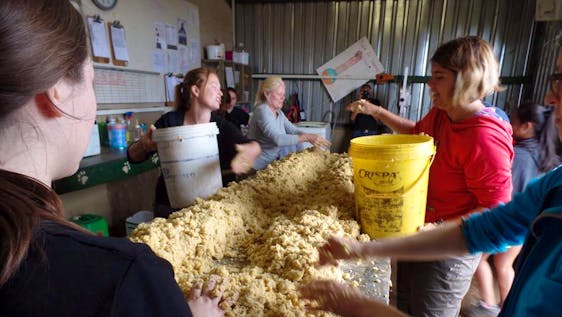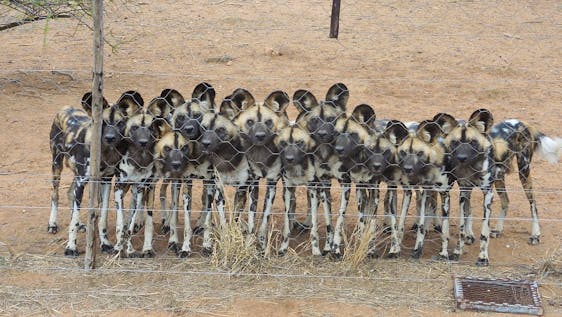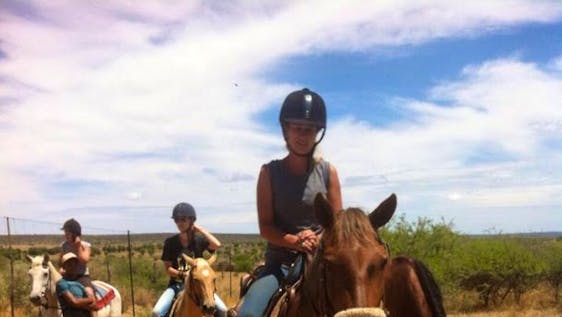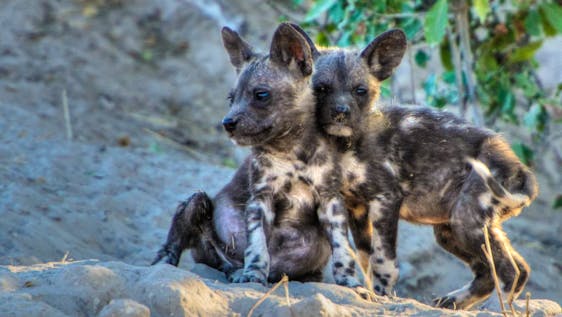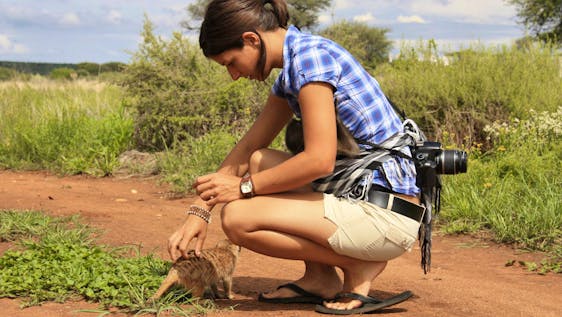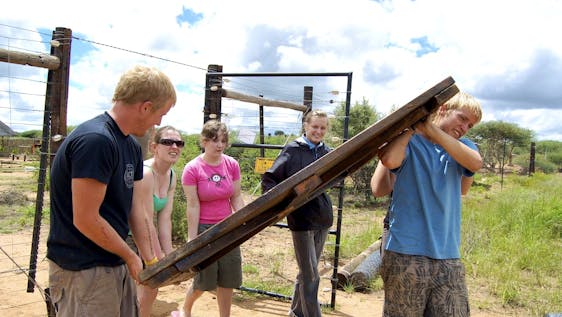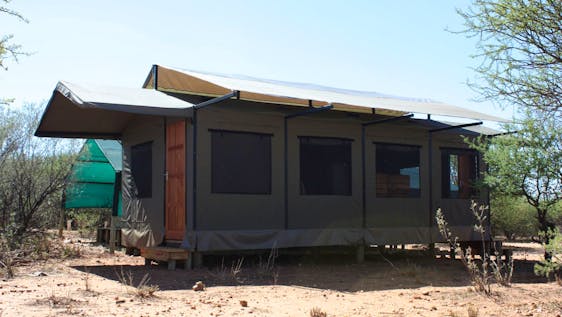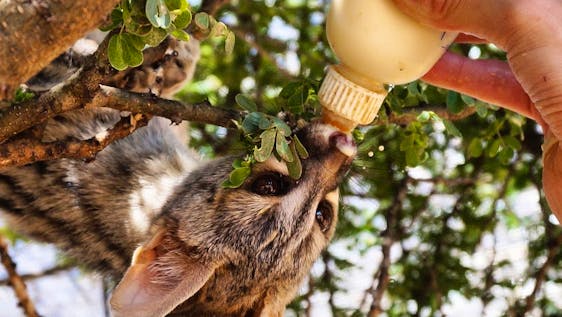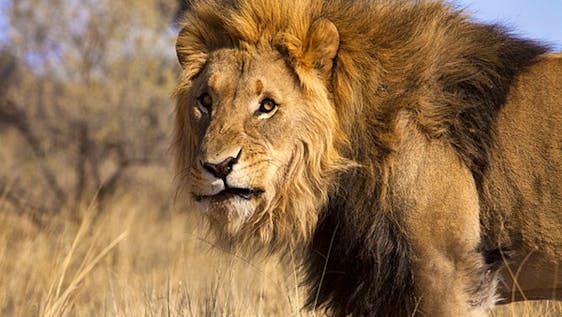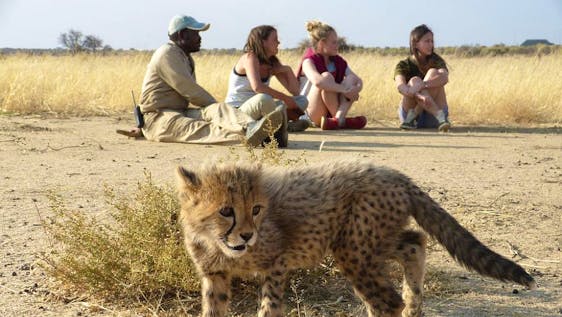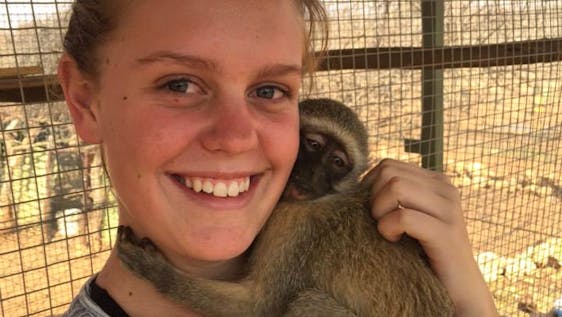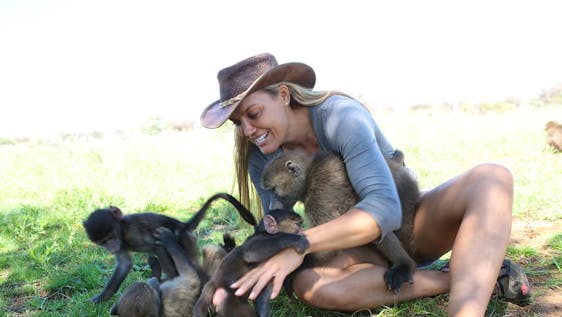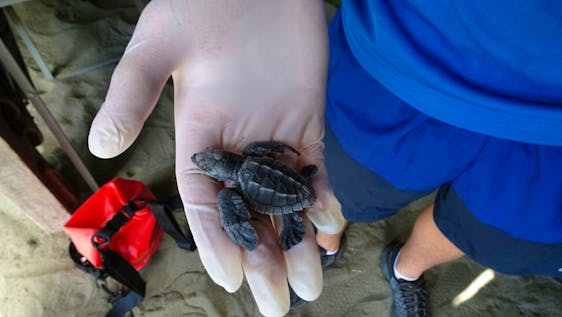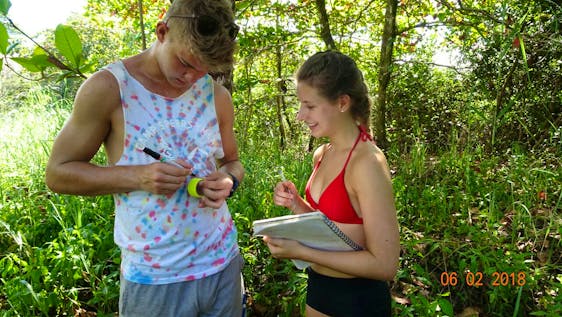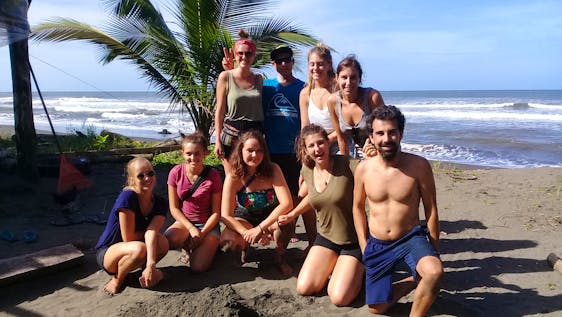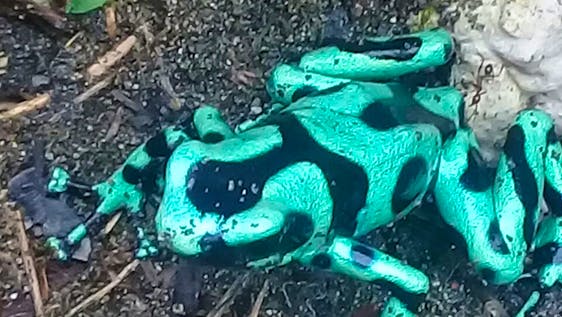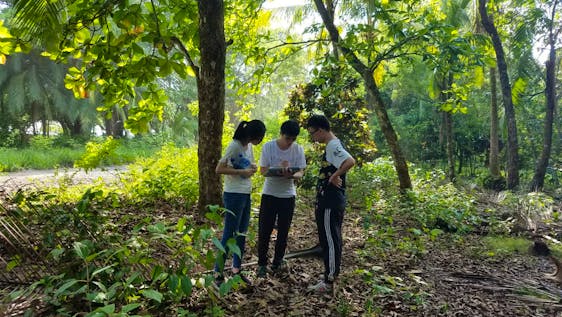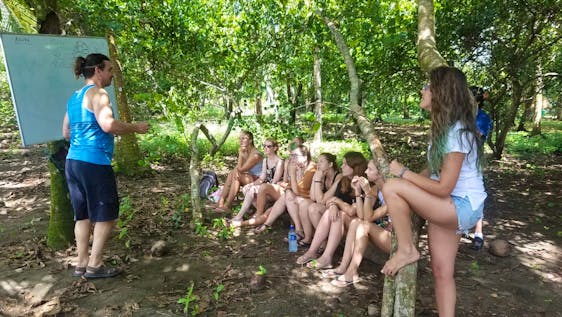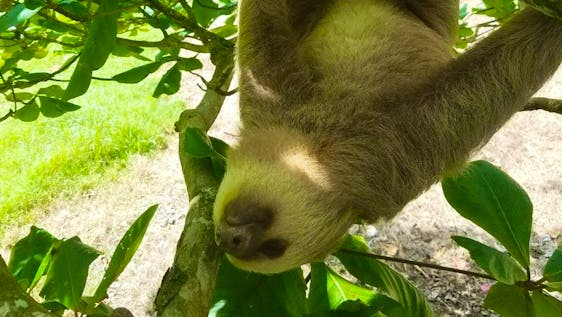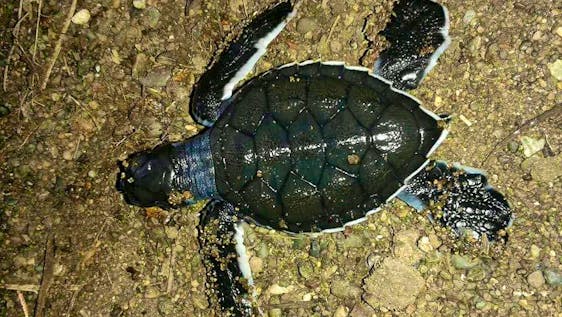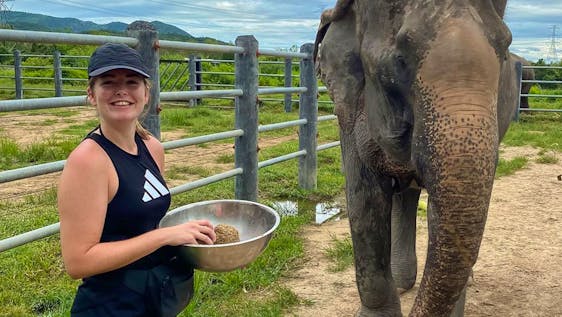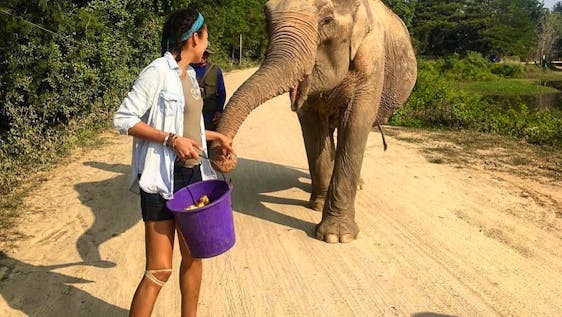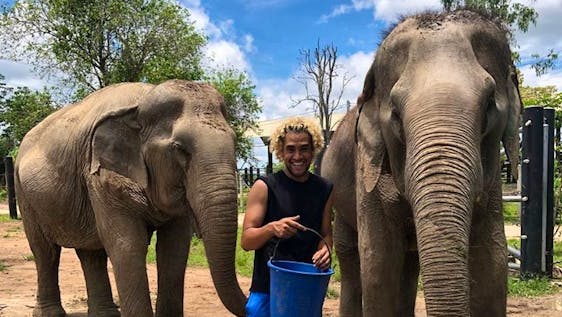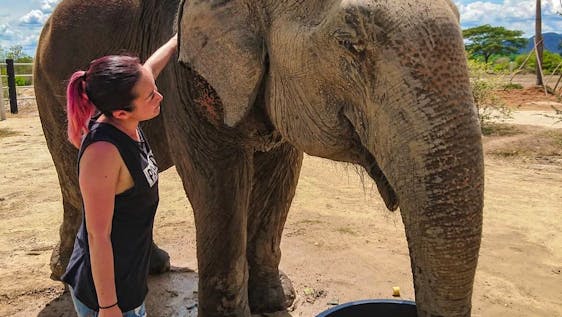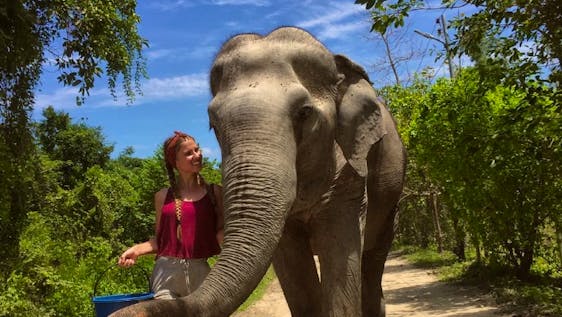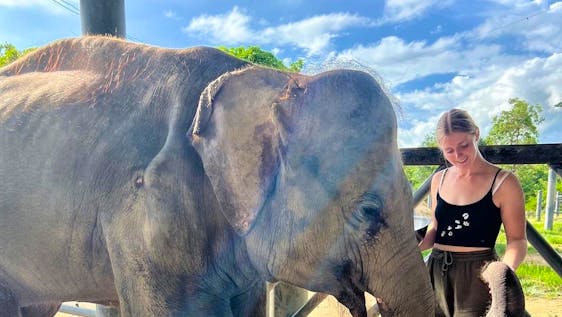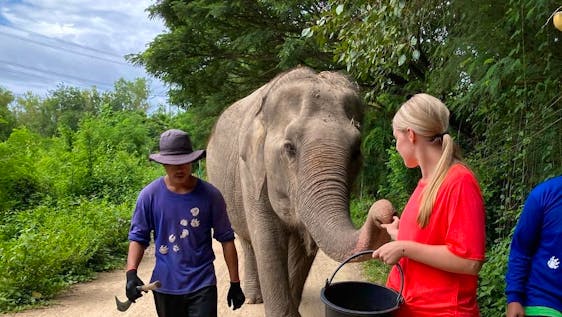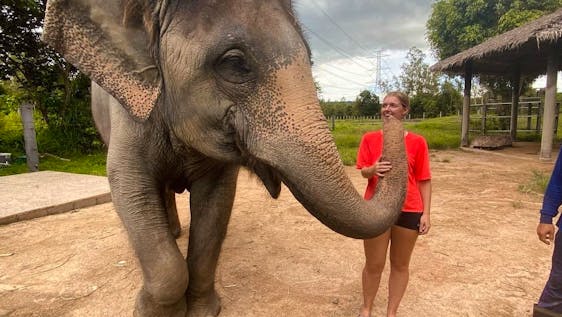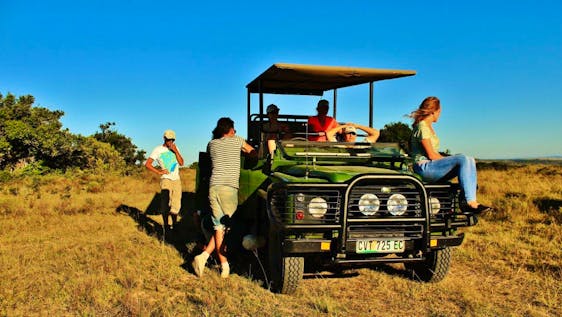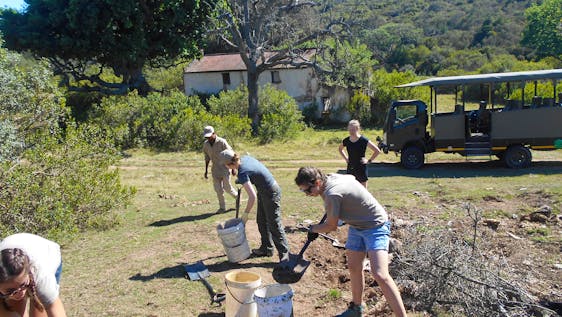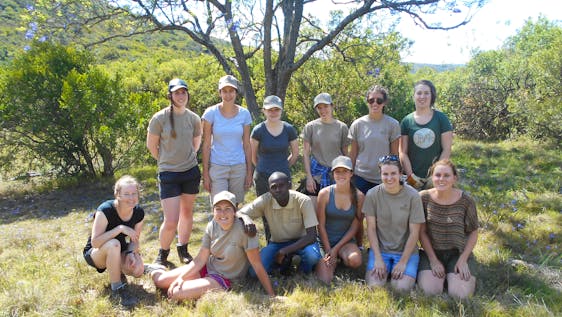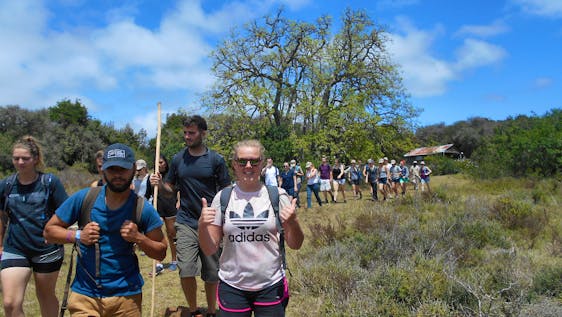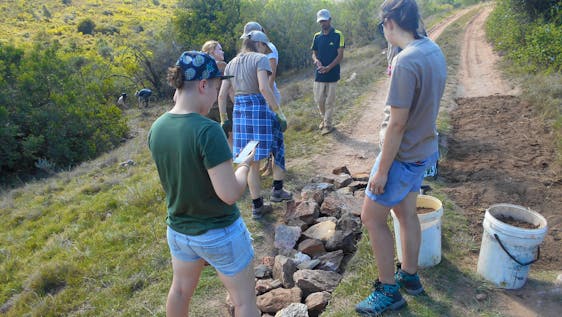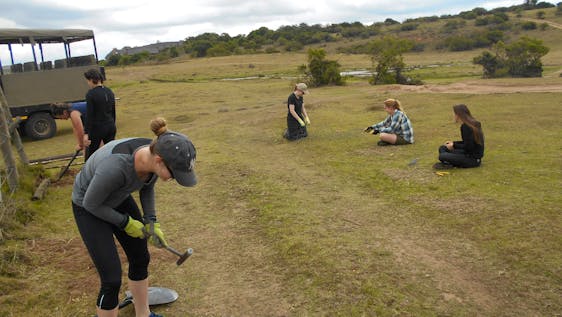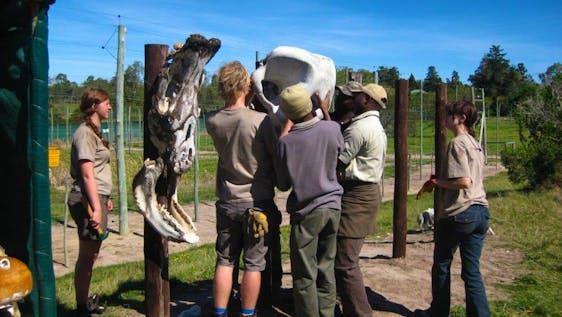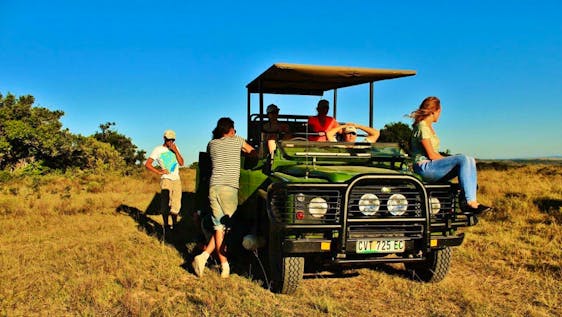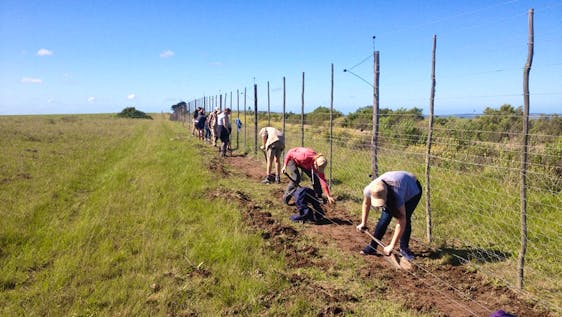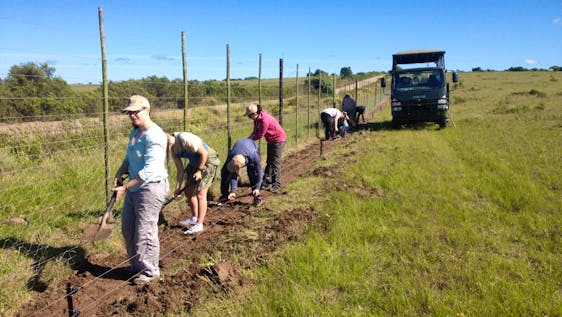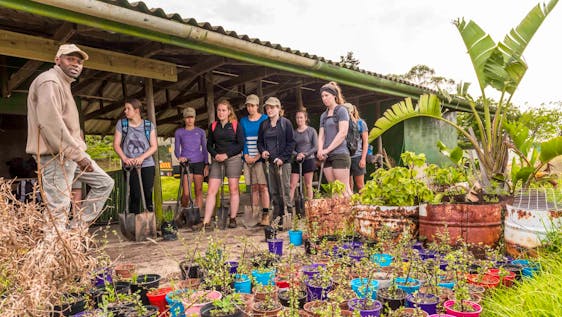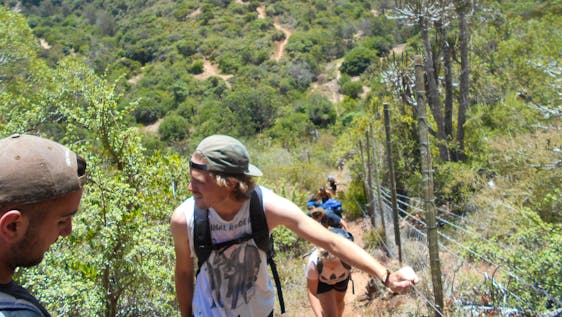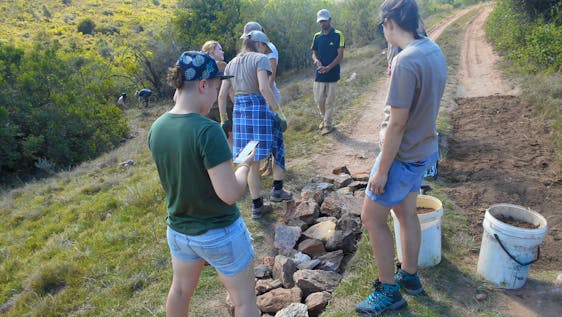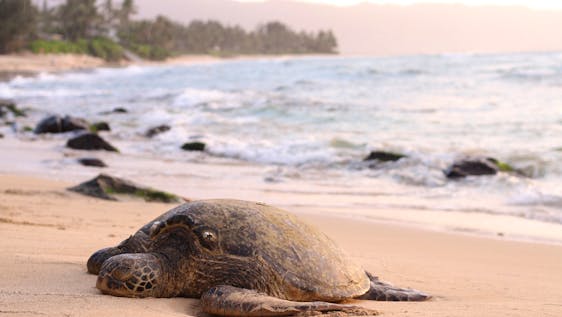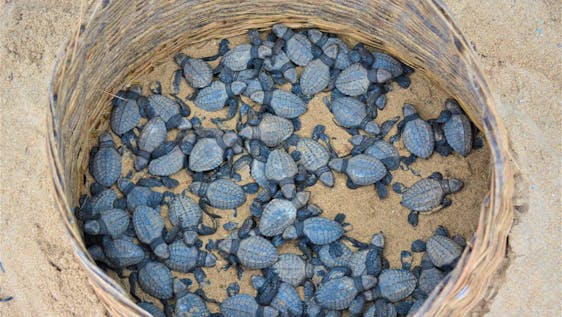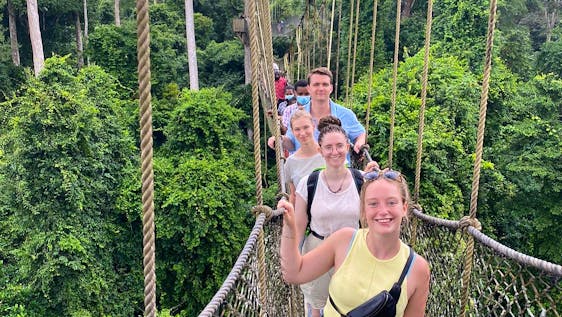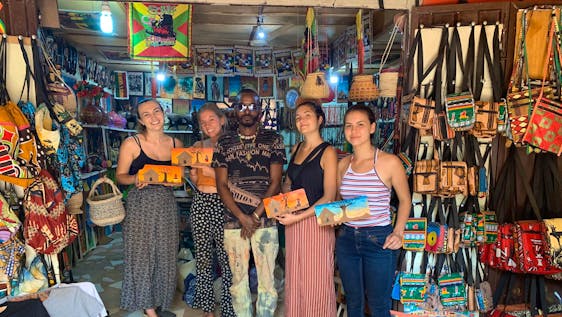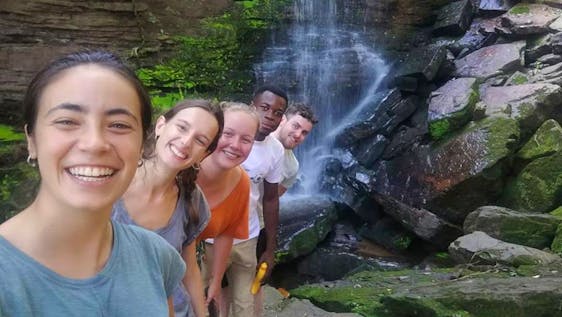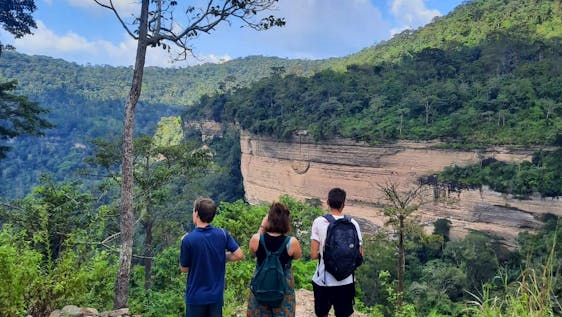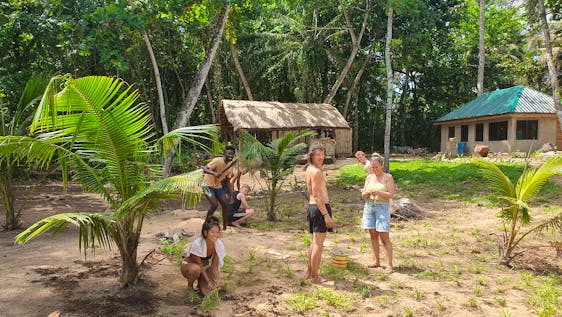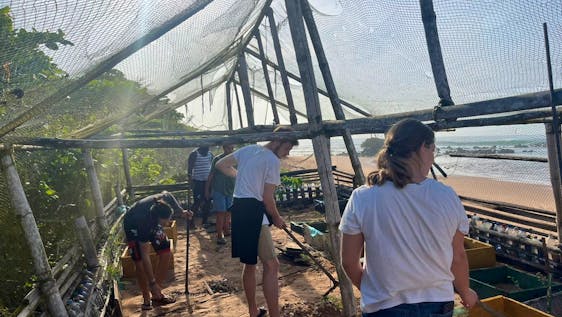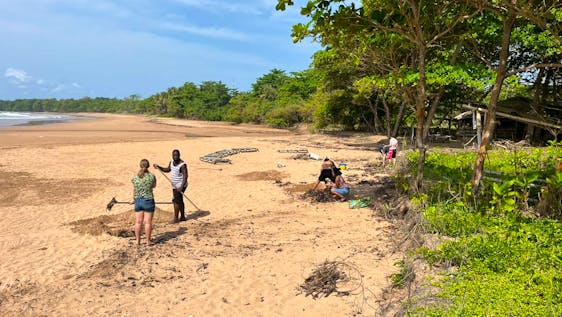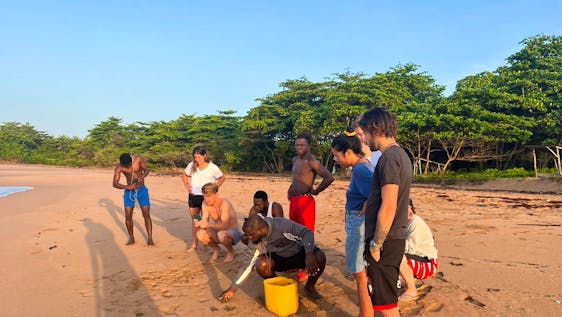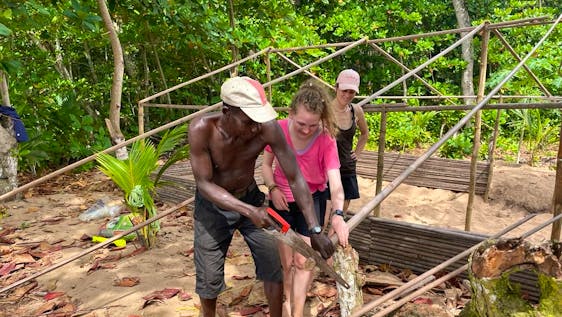Volunteer with animals abroad
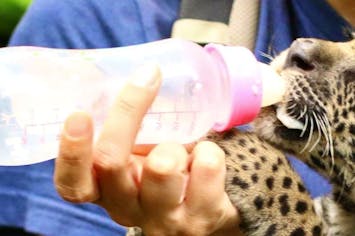
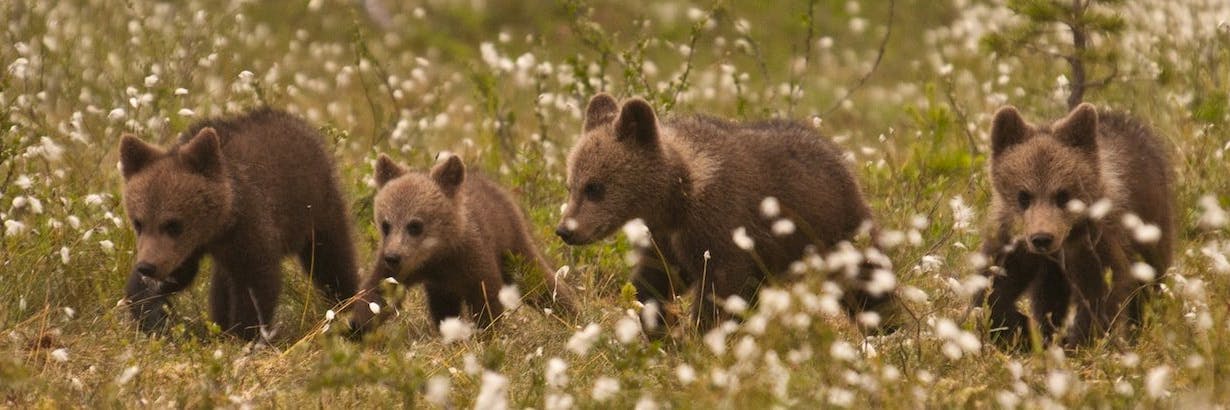
How to volunteer with animals
Volunteering with animals abroad is an amazing experience that gives you the possibility to step out of your comfort zone, forget about the daily grind, and become physically active. All over the world, there are animals in need of protection, be it in the desert, forest, ocean, or on the streets. If you have an interest in veterinary medicine, biology or simply love animals and want to give back to them, joining animal volunteer work abroad is the perfect choice for you.
The protection and welfare of all kinds of animals is an important topic that has been internationally recognized and has led to changes in hunting and trading laws as well as regulations about the keeping of animals and animal conservation. However, there are still many dangers for animals both wild and domesticated. Some of the biggest threats are:
- poaching for the illegal pet trade
- the trade of body parts (e.g. ivory)
- illegal consumption
- declining habitats
- pollution and climate change
- mistreatment and abuse
The most "famous" example of this sad development is the decline of elephants that are poached for their ivory tusks. According to the World Wildlife Fund (WWF), out of the three to five million elephants roaming our planet in the early 20th century, only 450.000 individuals are left today.
🐘 How to Protect Animals
There are many different ways you can contribute to protecting animals. Whether you’re intrigued by wildlife or have a soft spot for stray animals, there are countless animal volunteer opportunities for you to help out.
Wildlife Protection
There are many different approaches to save endangered wildlife. Some animal conservation projects focus on protecting the habitat of the animals while other animal volunteer work focuses on injured and rescued animals in sanctuaries. In some cases, breeding critically endangered animals in a sanctuary environment is the last hope of conserving the species.
A very successful example is the giant panda that has recovered from declining numbers thanks to specialized conservation and breeding efforts.
Domesticated Animals and Pets
In many countries worldwide, domesticated animals and pets face a very sad reality as well. Cats, dogs, and other popular pets are being abandoned by their owners and live on the streets where they reproduce and add to the problem of an overflow of street animals. It is estimated that there are about 600 million stray animals worldwide.
In many countries, the governments cannot provide shelters or adoption for these animals so they have to be captured and put down. Larger domesticated animals like horses, goats, or donkeys are being mistreated and neglected by their owners as well and live in unworthy conditions.
As a volunteer working with animals, you have the chance to support on-site teams all over the world in their important work and give mistreated pets a second chance at life.
🐼 What Animals Can I Volunteer With?
Social projects are dependent on volunteers in many different areas of animal protection. Take a look at the following categories to find out which animals need your help, what risks they are facing, and what you can do as a volunteer with animals abroad.
- Marine life
- Primates
- Street animals
- Wildlife
🐳 How to Volunteer with Marine Life
As one of the last big secrets that have to be solved on our earth, the ocean still offers a wide range of species and myths, which an animal volunteer can help explore. Many of the species that have been discovered are already endangered due to human influences on the marine ecosystem.
Some of the biggest threats to the inhabitants of our rivers and oceans are:
- extreme pollution,
- overfishing as well as the
- destruction of our beaches, coastlines and coral reefs.
A lot of species are already affected today and are considered endangered because of their rapidly declining numbers. Some of the marine animals you could be working with during your animal volunteer work abroad are:
- dolphins
- sea turtles
- sharks
- whales
- penguins
- exotic fish
Take your chance and get hands-on during beach patrols where you collect sea turtle eggs and help to release the hatchlings once they are big enough to survive in the ocean.
Engage in underwater studies about dolphins, whales and sharks and improve your diving skills at the same time. You will gain a deeper knowledge and understanding of the complex interactions between the different species and their habitat that lead to a balanced ecosystem.
To prevent further damage to these endangered species and ensure their sustainable protection, you will also be working closely with coastal communities in environmental education and recycling programs.
🦧 How to Volunteer for Primate Conservation
If you would like to volunteer with wild animals in an exotic country but you still want to have some interaction with the animals, a primate conservation project is a great animal volunteer opportunity. There are many primate shelters and centers in Africa, Asia, and Latin America that care for injured monkeys, animals rescued from the illegal pet trade, and orphaned baby monkeys that have lost their mothers due to hunting or other accidents.
Hands-Off Policy
Especially the care of baby monkeys is an important cause in most monkey sanctuaries where physical contact and close care is vital to keep the babies alive. Keep in mind however, that adult animals that have a chance of being released back into the wild will be treated like wild animals and no human interaction is allowed. This is necessary to increase their chances of surviving in the wild and not becoming victims of hunting.
Volunteering with primates is also a great way to learn more about daily work at animal sanctuaries and rescue centers. In some projects, you will work directly in the habitat of wild monkeys and great apes, where you’ll be responsible for building hides and look-outs for research as well as for the potential release of primates such as:
- orangutans
- lemurs
- gibbons
- vervet monkeys
- capuchin monkeys
- spider monkeys
You even have the chance to get in contact with the most impressive primate of all: the gorilla that lives in the deep forests of Uganda and Rwanda.
You can make a change by informing locals and tourists alike about the dangers primates are facing and the conservation efforts of your project.
🐕 How to Volunteer With Street Animals
You might think that you have to travel to faraway places and protect endangered wild animals to do your part, but the truth is that cats, dogs, and other pets worldwide are in dire need of care and love from volunteers as well. If you want to have close physical contact with the animals you are working with and you have a lot of love to give, volunteering with animals that live on the streets is just the right way for you to get involved.
Support animal shelters with their day-to-day duties and care for animals that are up for adoption. Some of your tasks for animal volunteer work abroad at a pet rescue center or shelter could be:
- cleaning the enclosures
- walking dogs and spending time with the animals
- feeding the animals
- conducting regular health checks
- assisting in simple veterinary tasks and treatments
- fundraising, organizing of donations and events to support the shelter
- assisting in the adoption process
🩺 How to Do a Veterinary Internship
If you consider a career in the field of veterinary medicine, volunteering with animals at an animal shelter could be the perfect chance to get an overview of your future work tasks and to become experienced in the handling of different animals. During your animal volunteer work abroad at a shelter, it is very likely that you will not only be working with cats and dogs but other small and big domesticated animals like:
- horses
- donkeys
- goats
- pigs
🦁 How to Volunteer for Wildlife Conservation
If you are looking for an adventure and you want to work with animals you don’t normally get to see in real life, then take your chance to become a wildlife conservation volunteer abroad. You will get to observe and occasionally interact with wildlife in their natural habitat and help to conduct research on their behavior for conservation measures. Volunteers will be involved in the daily activities of experienced on-site teams and carry out different monitoring and researching tasks.
The variety of animals that you can encounter and work with during a wildlife conservation project is almost unlimited. Whether you’d like to volunteer with injured wildlife at a rescue center in the Latin American jungles or assist in monitoring wildlife behavior in Africa – it’s very easy to find the perfect project match for every volunteer. To give you an idea of the animal variety you could be working with, check out this list of species:
🌍 Best Places to Volunteer with Animals
Because animal protection and welfare is an important cause all over the world, there are various destinations that offer you the opportunity to volunteer with animals. Click on the map to see which projects are currently available in your favorite destination.
🧐 Who Can Volunteer with Animals?
Volunteering with animals abroad is a great opportunity for everyone who loves animals and wants to give something back to them. It doesn’t matter if you have any experience through having pets or having worked with animals before, as long as you are willing to learn and treat the animals with the necessary respect and caution you are more than welcome to volunteer.
As the main language spoken at most projects abroad is English it is necessary for you to speak at least basic English in order to communicate with your project coordinators and fellow volunteers. Some projects in Latin America will ask you to speak basic Spanish.
Working with animals abroad during your travels or your annual holidays can be a great way to change up your daily routine and you can also bring your friends or family if you’d like.
Many volunteer projects like sea turtle rescues are happy to welcome families with younger children and it is a great way to teach kids about the importance of protecting animals and their surroundings. They will learn a lot about animals, correct animal handling, and the responsibilities that humans have concerning animals, be it caring for a pet at home or taking action to protect animals in the wild.
🔞 Can I Volunteer With Animals Under 18?
Volunteer projects working with wild and more dangerous animals accept volunteers from the age of 18 but there is no age limit upwards - as long as you are physically fit and ready for a challenge you are the perfect candidate to volunteer.
However, there are also a lot of animal sanctuaries that work with less dangerous animals accepting international volunteers who are under 18 years old. You can find the specific requirements for each project in their profile on Volunteer World.
🤑 Can I Volunteer With Animals for Free?
Most volunteer programs require a fee to be paid by the volunteer. This is used to cover your accommodation and in some cases, support the organization. There are a number of free animal volunteer opportunities that are perfect for those looking for a low budget way to contribute. You can also use the filter on our platform to search for animal volunteering abroad opportunities within your budget. Our live chat team is happy to assist you with this!
🎁 5 Benefits of Volunteering With Animals
By volunteering with animals in any place or context, you have a direct impact on the situation of the animals you are working with. And not only that, chances are that you also contribute to the protection and well-being of animals in the long run. This alone is a very good reason to volunteer with animals, but of course, there are plenty more.
1. Contribute to Something Meaningful
Volunteering with animals is a very rewarding and fulfilling experience. You can give your love to street animals, train them and prepare them for adoption. Especially for those pets that are used to living in a loving home, being abandoned and living in a shelter is a very traumatic experience. They thankfully take every form of interaction and care they can get and you will feel it when you work with them.
2. Raise Awareness
You can help to bring awareness to the situation of many endangered species, protect their natural habitat, and resolve human-animal conflicts. Volunteers who engage in a cause like animal protection often spread the word amongst their friends and on social media even after their work on-site has officially ended. This is a great way to show ongoing support for the good cause and can attract future volunteers and donations for your project.
3. Make New friends
When you volunteer with animals abroad you will meet a lot of different people from all over the world that share one particular interest with you: the protection and well-being of all animals. This common interest and the time you will spend working together will connect you long beyond your volunteering time abroad. But this is not only true for your fellow volunteers.
4. Broaden Your Horizons
You’ll be working in close contact with locals, so take the chance to encourage a cultural exchange. You will get a lot of information about cultural habits which will help you to adjust to the country and culture you are working in. This will definitely broaden your horizon and be a great way to find new friends at the same time. You also know that your effort makes a meaningful difference, which is not only a personal benefit for you but for the whole community.
5. Boost Your Career
By volunteering with animals, you also get the chance to try out your dream career without making a long-term commitment.
Gain knowledge about scientific research methods, zoology or veterinary medicine. If you already have certain skills in these areas, you can easily extend them and gain new experiences that will also look great on your CV. Some of the jobs where they will come in handy are:
- veterinarian
- veterinary assistant
- zookeeper
- biologist
- zoologist
- pet trainer
- wildlife rehabilitator
☝🏽 How to Volunteer With Animals
So you’re ready to volunteer with animals but you’re not quite sure how to get started? Take a look at the following 3 steps that will prepare you for your animal volunteer program abroad and an unforgettable adventure:
- Check whether there’s a match between you and the project by looking at their requirements.
- Take a look at the location of the project and decide whether it would be a location you are excited about.
- Get in touch with the organization and see whether your expectations and your schedule match up.
Once this is sorted. Let’s take a look at the practical steps:
Insurance (Health & Travel)
We recommend getting both health and travel insurance. In fact, this is even a requirement for most programs abroad. Get in touch with your program contact person to find out if an insurance plan is already in place for volunteers.
Visa, Passport, and Documentation
Once you know your destination, take the following 3 steps before setting off on your life-changing adventure!
- Look into the visa requirements for the country you will volunteer in.
- Make sure you have a valid passport considering the requirement of the host country.
- Prepare the correct documents to fulfill the visa application.
That’s it! You’re ready for volunteering with animals abroad and can start organizing your unique travel and volunteer adventure. Our live chat team is here to help you find the perfect animal volunteer opportunity!
 Activities
Activities
 Sea Turtle Conservation
Sea Turtle Conservation
 Bird Conservation
Bird Conservation
 Wildlife Conservation
Wildlife Conservation
 Americas
Americas
 Central America
Central America
 Sloth Sanctuary
Sloth Sanctuary
 Waste Reduction
Waste Reduction
 Costa Rica
Costa Rica
 Monkey Conservation
Monkey Conservation
 Vegan
Vegan
 Hotspots
Hotspots
 Marine Life
Marine Life
 Elephant Conservation
Elephant Conservation
 Animal Sanctuary
Animal Sanctuary
 Rhino Conservation
Rhino Conservation
 Green Sea Turtle
Green Sea Turtle
 Parrot
Parrot
 Africa
Africa
 Leopardus Conservation
Leopardus Conservation
 Ocelot
Ocelot
 Macaw
Macaw
 Leatherback Turtle
Leatherback Turtle
 Lion Conservation
Lion Conservation
 Plastic Reduction
Plastic Reduction
 Reptile Conservation
Reptile Conservation
 Families with small kids
Families with small kids
 Southern Africa
Southern Africa
 Howler Monkeys
Howler Monkeys
 Bear Conservation
Bear Conservation
 South Africa
South Africa
 Ocean Cleaning
Ocean Cleaning
 Giraffe Conservation
Giraffe Conservation
 Anti Poaching
Anti Poaching
 Antelope Conservation
Antelope Conservation
 Southwest African Lion
Southwest African Lion
 Asia
Asia
 Planting Trees
Planting Trees
 Crocodile
Crocodile
 African Elephant
African Elephant
 Scouts
Scouts
 White Rhino
White Rhino
 Bush Elephant
Bush Elephant
 Shark Conservation
Shark Conservation
 African Leopard
African Leopard
 Leopard Conservation
Leopard Conservation
 South East Asia
South East Asia
 Manuel Antonio
Manuel Antonio
 Hawksbill Turtle
Hawksbill Turtle
 Diving
Diving
 Diving certificate
Diving certificate
 Capuchin Monkey
Capuchin Monkey
 Coral Reef
Coral Reef
 Whale Shark
Whale Shark
 PADI Divemaster
PADI Divemaster
 Belize
Belize
 Toucan
Toucan
 Southern Giraffe
Southern Giraffe
 Cheetah Conservation
Cheetah Conservation
 Animal Shelter
Animal Shelter
 Beach Cleaning
Beach Cleaning
 Europe
Europe
 Ray Conservation
Ray Conservation
 Indonesia
Indonesia
 Yoga
Yoga
 Southern Europe
Southern Europe
 Olive Ridley Turtle
Olive Ridley Turtle
 Hyena Conservation
Hyena Conservation
 Spotted Hyena
Spotted Hyena
 Zebra Conservation
Zebra Conservation
 Volleyball
Volleyball
 Macaque
Macaque
 Tiger Conservation
Tiger Conservation
 Horse
Horse
 Eagle
Eagle
 South African Cheetah
South African Cheetah
 Cockatoo
Cockatoo
 Street Animals
Street Animals
 National Park
National Park
 Dog
Dog
 Mountain Zebra
Mountain Zebra
 Bali
Bali
 Greece
Greece
 Premium
Premium
 Eastern Africa
Eastern Africa
 Southern Asia
Southern Asia
 Buffalo Conservation
Buffalo Conservation
 African Buffalo
African Buffalo
 Sri Lanka
Sri Lanka
 Safari
Safari
 Kudu
Kudu
 Primate Conservation
Primate Conservation
 Loggerhead Turtle
Loggerhead Turtle
 Impala
Impala
 Bushbuck
Bushbuck
 Thailand
Thailand
 South America
South America
 Zimbabwe
Zimbabwe
 Asian Elephant
Asian Elephant
 Baboon
Baboon
 Kefalonia
Kefalonia
 Limon
Limon
 Northwest African Cheetah
Northwest African Cheetah
 Caracal Conservation
Caracal Conservation
 Kangaroo Conservation
Kangaroo Conservation
 Caracal
Caracal
 Cats
Cats
 Horse Sanctuary
Horse Sanctuary
 Meerkat
Meerkat
 Meerkat Conservation
Meerkat Conservation
 Whale Conservation
Whale Conservation
 Namibia
Namibia
 Intern Abroad
Intern Abroad
 Veterinary Training
Veterinary Training
 Dolphin Conservation
Dolphin Conservation
 African Wild Dog Conservation
African Wild Dog Conservation
 Tortoise Conservation
Tortoise Conservation
 Great Apes Conservation
Great Apes Conservation
 Ecuador
Ecuador
 Orangutan
Orangutan
 Port Elizabeth
Port Elizabeth
 Plains Zebra
Plains Zebra
 Spain
Spain
 Bangkok
Bangkok
 Oceania
Oceania
 Owl
Owl
 Windhoek
Windhoek
 Australia and New Zealand
Australia and New Zealand
 Australia
Australia
 Spider Monkey
Spider Monkey
 Wallaby
Wallaby
 Surfing
Surfing
 Peru
Peru
 Jaguar Conservation
Jaguar Conservation
 North America
North America
 Marmoset
Marmoset
 Galapagos
Galapagos
 Madagascar
Madagascar
 Western Africa
Western Africa
 Otter Conservation
Otter Conservation
 Ghana
Ghana
 Koala Conservation
Koala Conservation
 Kangaroo
Kangaroo
 Koala
Koala
 Spanish Courses
Spanish Courses
 Language Course
Language Course
 Canada
Canada
 Wombat Conservation
Wombat Conservation
 Wombat
Wombat
 Sumatra
Sumatra
 Possum
Possum
 Mongoose Conservation
Mongoose Conservation
 Mongoose
Mongoose
 Crete
Crete
 Nosy Komba
Nosy Komba
 Amazon Rainforest
Amazon Rainforest
 Anteater Conservation
Anteater Conservation
 Bottlenose Dolphin
Bottlenose Dolphin
 Elephant Research
Elephant Research
 Great White Shark
Great White Shark
 Jackal Conservation
Jackal Conservation
 Giant Tortoise
Giant Tortoise
 Mako Shark
Mako Shark
 Reforestation
Reforestation
 Tapir
Tapir
 Chiang Mai
Chiang Mai
 Vervet Monkey
Vervet Monkey
 Giant Otter
Giant Otter
 Borneo
Borneo
 Blacktip Reef Shark
Blacktip Reef Shark
 Whitetip Reef Shark
Whitetip Reef Shark
 Cusco
Cusco
 Bilbao
Bilbao
 Manta Ray
Manta Ray
 Squirrel Monkey
Squirrel Monkey
 Manatee Conservation
Manatee Conservation
 Malaga
Malaga
 African Penguin
African Penguin
 Civet
Civet
 Gibbon
Gibbon
 Humpback Whale
Humpback Whale
 Snorkeling
Snorkeling
 Common Dolphin
Common Dolphin
 Victoria Falls
Victoria Falls
 Grey Reef Shark
Grey Reef Shark
 Gili Islands
Gili Islands
 Husky
Husky
 Wildcat Conservation
Wildcat Conservation
 Southern Right Whale
Southern Right Whale
 Butterfly Conservation
Butterfly Conservation
 Insect Conservation
Insect Conservation
 Nyala
Nyala
 Lemur
Lemur
 Duiker
Duiker
 Ubud
Ubud
 Brazil
Brazil
 Cambodia
Cambodia
 Queensland
Queensland
 Waterbuck
Waterbuck
 Blesbok
Blesbok
 Malaysia
Malaysia
 Eurasian Otter
Eurasian Otter
 British Columbia
British Columbia
 Pangolin Conservation
Pangolin Conservation
 Binturong
Binturong
 Eastern Asia
Eastern Asia
 Wolf Conservation
Wolf Conservation
 Grey Wolf
Grey Wolf
 Italy
Italy
 Chameleon
Chameleon
 Athens
Athens
 Tenerife
Tenerife
 Indian Elephant
Indian Elephant
 Warthog Conservation
Warthog Conservation
 Tanzania
Tanzania
 Mexico
Mexico
 Cape Town
Cape Town
 Nosy Be
Nosy Be
 Shark Tagging
Shark Tagging
 Ragged Tooth Shark
Ragged Tooth Shark
 Sting Ray
Sting Ray
 Thresher Shark
Thresher Shark
 Hammerhead Shark
Hammerhead Shark
 Mongolia
Mongolia
 Northern Europe
Northern Europe
 United Kingdom
United Kingdom
 Horse Therapy
Horse Therapy
 Spur-thighed Tortoise
Spur-thighed Tortoise
 Honey Badger
Honey Badger
 Arusha
Arusha
 Eastern Europe
Eastern Europe
 Indigenous cultures
Indigenous cultures
 United States Of America
United States Of America
 Hungary
Hungary
 Chile
Chile
 Laos
Laos
 Hippo Conservation
Hippo Conservation
 Croatia
Croatia
 Kenya
Kenya
 Falcon
Falcon
 Florida
Florida
 Cairns
Cairns
 Split
Split
 Great Barrier Reef
Great Barrier Reef
 Kruger National Park
Kruger National Park
 Bat Conservation
Bat Conservation
 Aardvark
Aardvark
 Tubulidentata Conservation
Tubulidentata Conservation
 Transvaal Lion
Transvaal Lion
 Golden Jackal
Golden Jackal
 Amur Tiger
Amur Tiger
 Side-striped Jackal
Side-striped Jackal
 San Jose
San Jose
 Sugar Glider
Sugar Glider
 Tamarin
Tamarin
 Patas Monkey
Patas Monkey
 Melanesia
Melanesia
 Fiji
Fiji
 Leopard Shark
Leopard Shark
 Montenegro
Montenegro
 Puerto Escondido
Puerto Escondido
 Puerto Viejo
Puerto Viejo
 Chimpanzee
Chimpanzee
 Bolivia
Bolivia
 Middle Africa
Middle Africa
 Gorilla
Gorilla
 Cameroon
Cameroon
 Mozambique
Mozambique
 Seoul
Seoul
 South Korea
South Korea
 Rome
Rome
 Oaxaca
Oaxaca
 Guatemala
Guatemala
 Cougar Conservation
Cougar Conservation
 Portugal
Portugal
 Kumasi
Kumasi
 Mangrove
Mangrove
 Lisbon
Lisbon
 Maldives
Maldives
 Hawaii
Hawaii
 Sri Lankan Elephant
Sri Lankan Elephant
 Kathmandu
Kathmandu
 Nepal
Nepal
 Cape Verde
Cape Verde
 Zanzibar
Zanzibar
 Johannesburg
Johannesburg
 Knysna
Knysna
 Tasmanian Devil Conservation
Tasmanian Devil Conservation
 Tasmania
Tasmania
 Nicaragua
Nicaragua
 Northern Africa
Northern Africa
 Morocco
Morocco
 Mombasa
Mombasa
 India
India
 Pilot Whales
Pilot Whales
 Sperm Whale
Sperm Whale
 Paraguay
Paraguay
 Zambia
Zambia
 Romania
Romania
 Alaska
Alaska
 Caribbean
Caribbean
 Antigua
Antigua
 Porto
Porto
 Malawi
Malawi
 Machu Picchu
Machu Picchu
 Dominican Republic
Dominican Republic
 Caiman
Caiman
 Jamaica
Jamaica
 Panama
Panama
 Barcelona
Barcelona
 Puerto Jimenez
Puerto Jimenez
 Kolkata
Kolkata
 Colombia
Colombia
 Ecological Farming
Ecological Farming
 Egypt
Egypt
 Günthers Dik-Dik
Günthers Dik-Dik
 Seychelles
Seychelles
 Oryx
Oryx
 Plettenberg Bay
Plettenberg Bay
 Quito
Quito
 Orca
Orca
 Guyana
Guyana
 Sloth Bear
Sloth Bear
 Tanzanian Cheetah
Tanzanian Cheetah
 Bali Starling
Bali Starling
 Pelagic Shark
Pelagic Shark
 Western Asia
Western Asia
 Turkey
Turkey
 Rio de Janeiro
Rio de Janeiro
 Honduras
Honduras
 Working with Seniors
Working with Seniors
 Elderly Care
Elderly Care
 Polynesia
Polynesia
 French Polynesia
French Polynesia
 Ireland
Ireland
